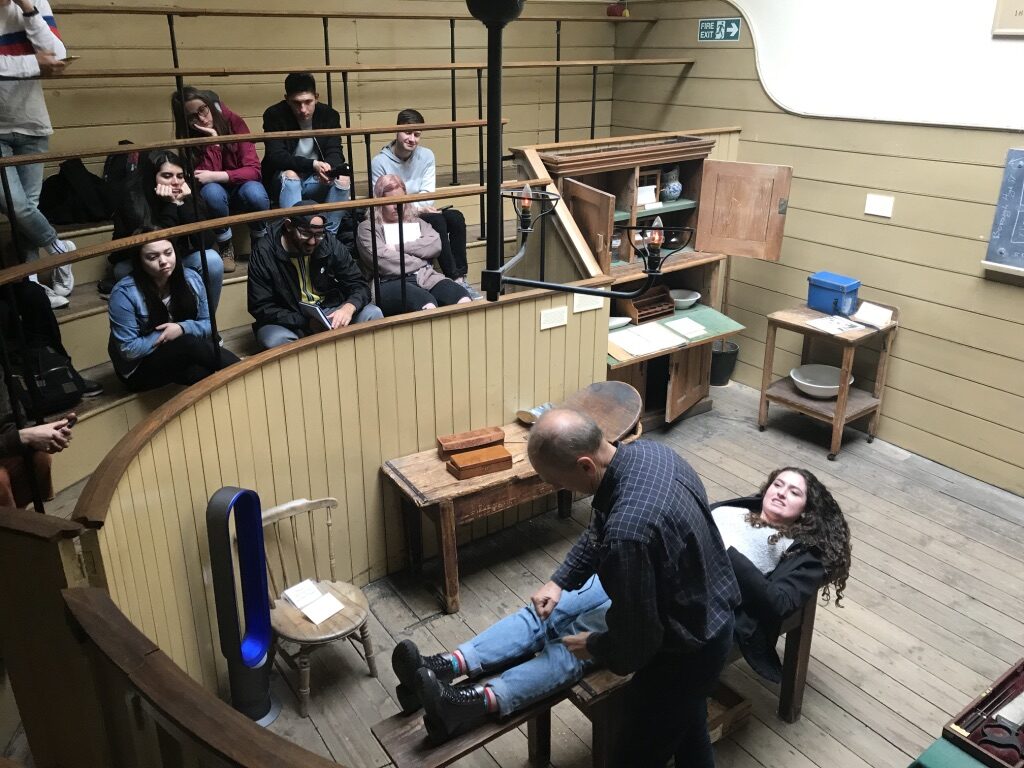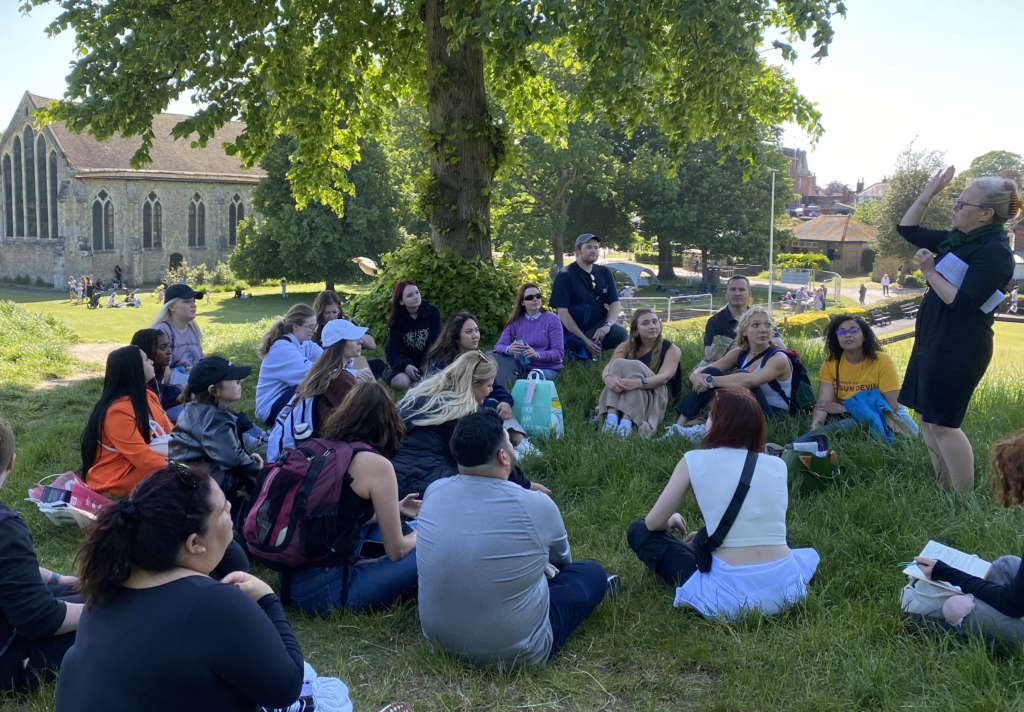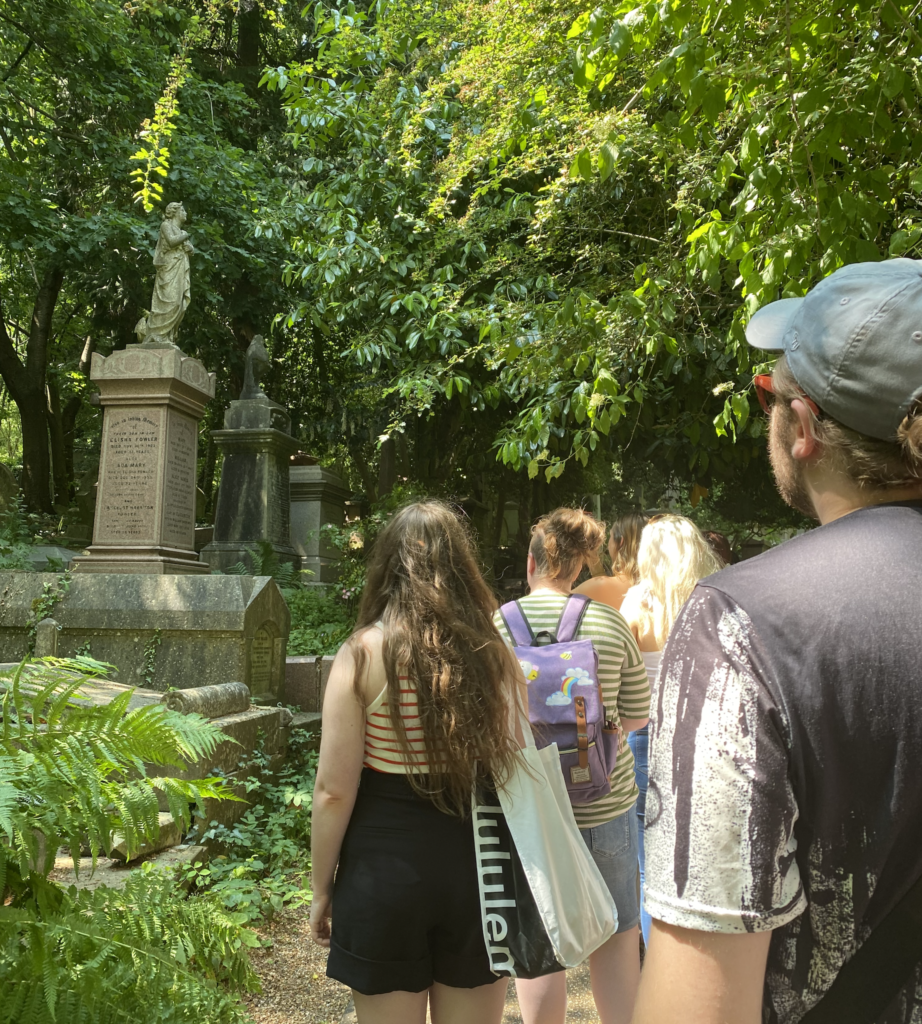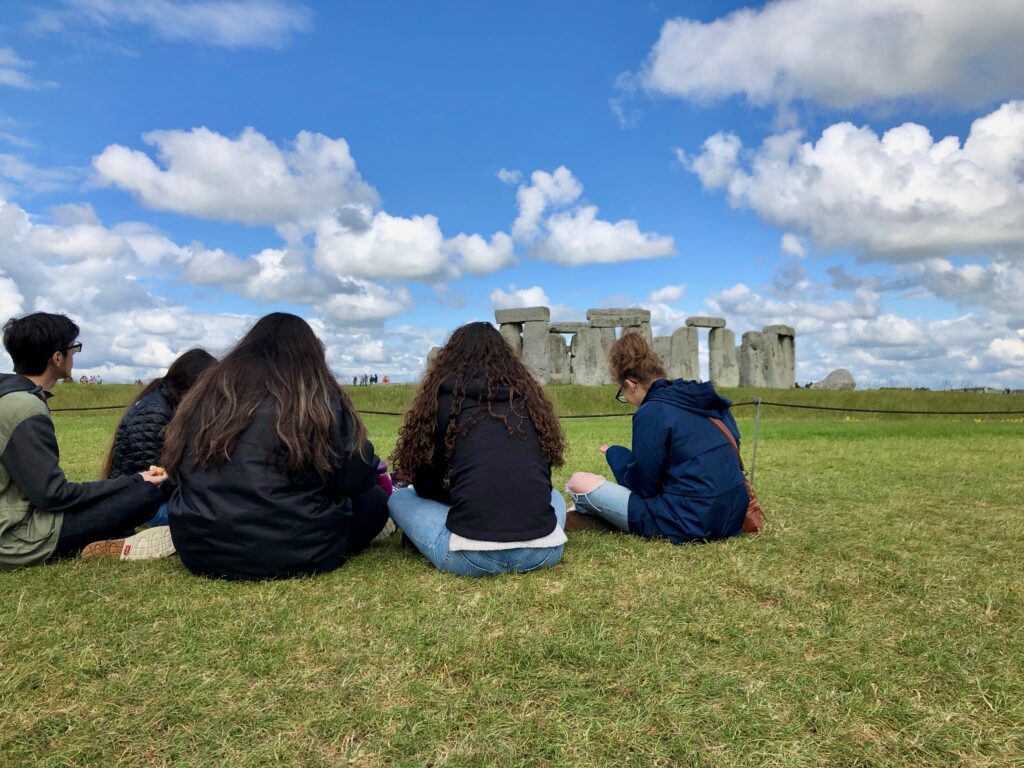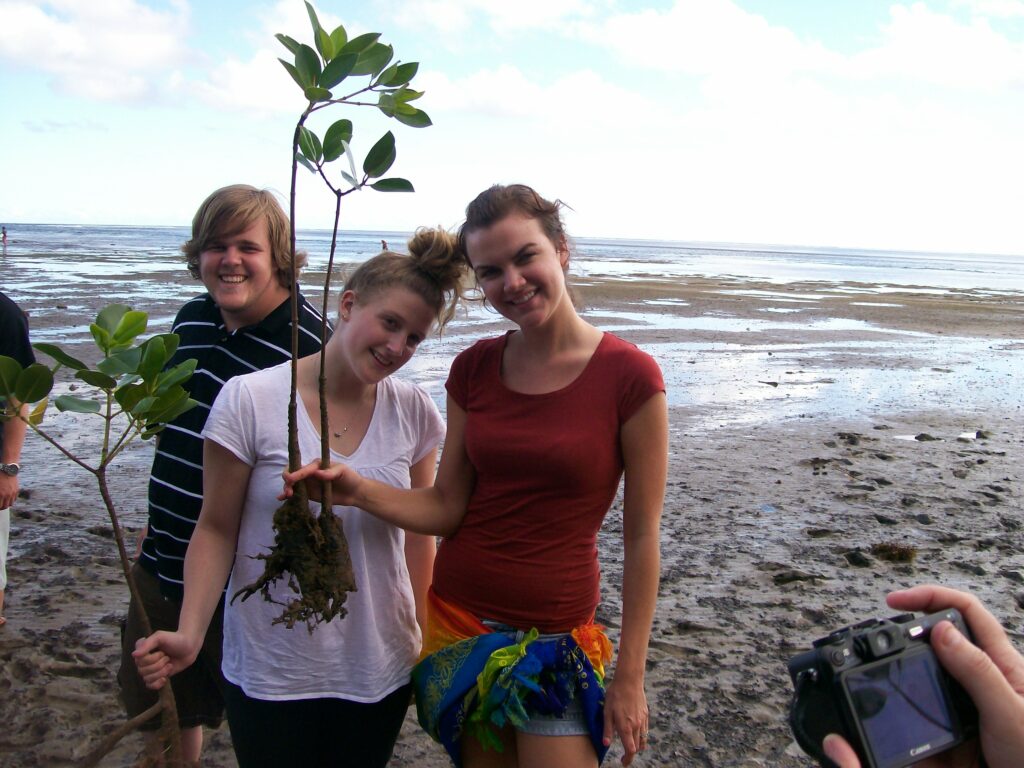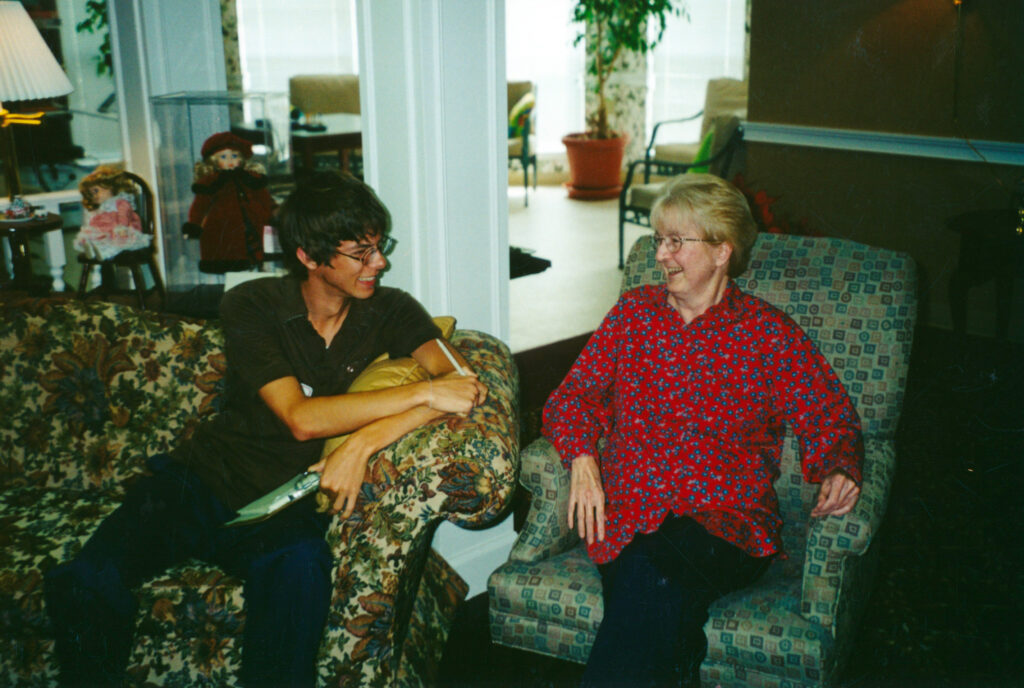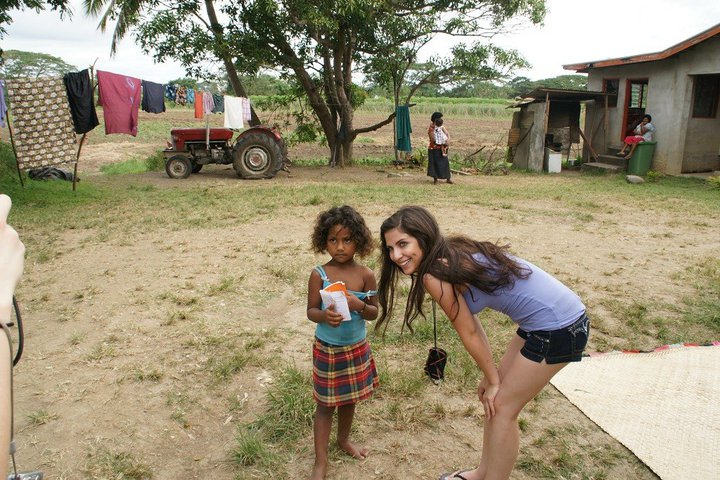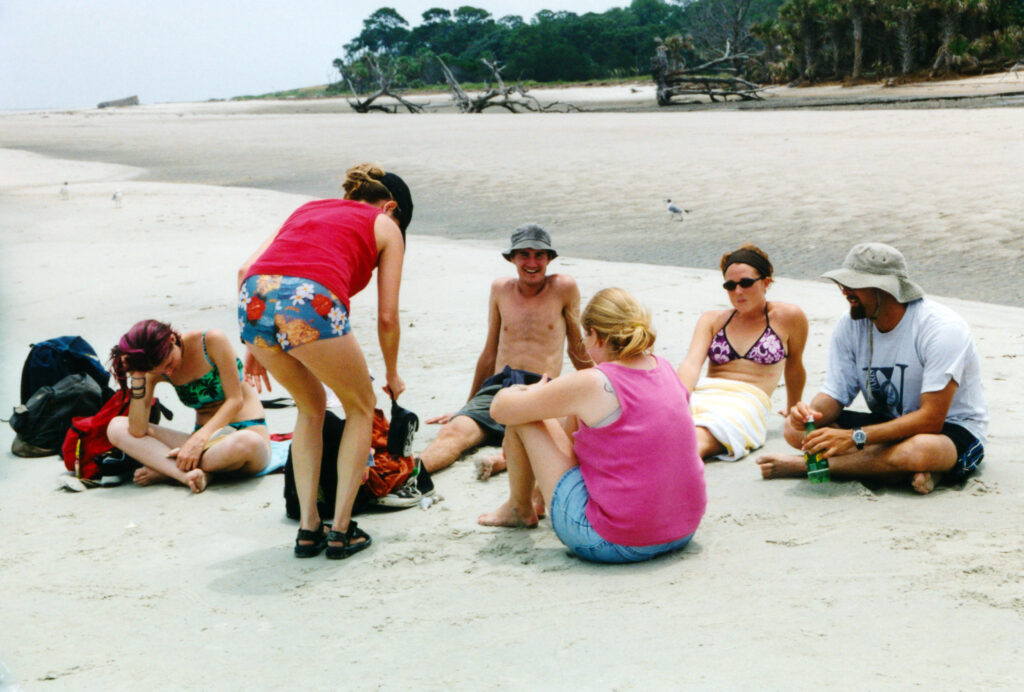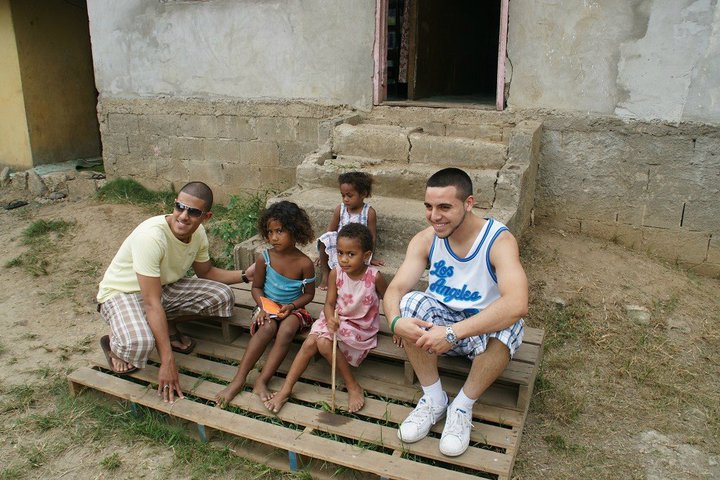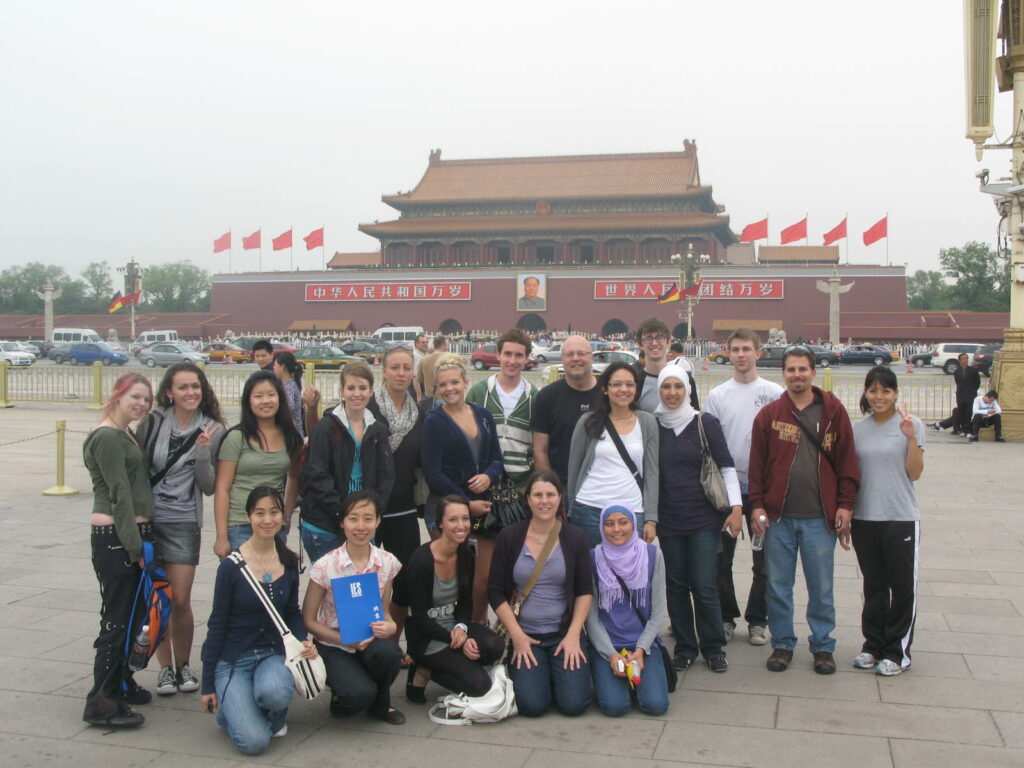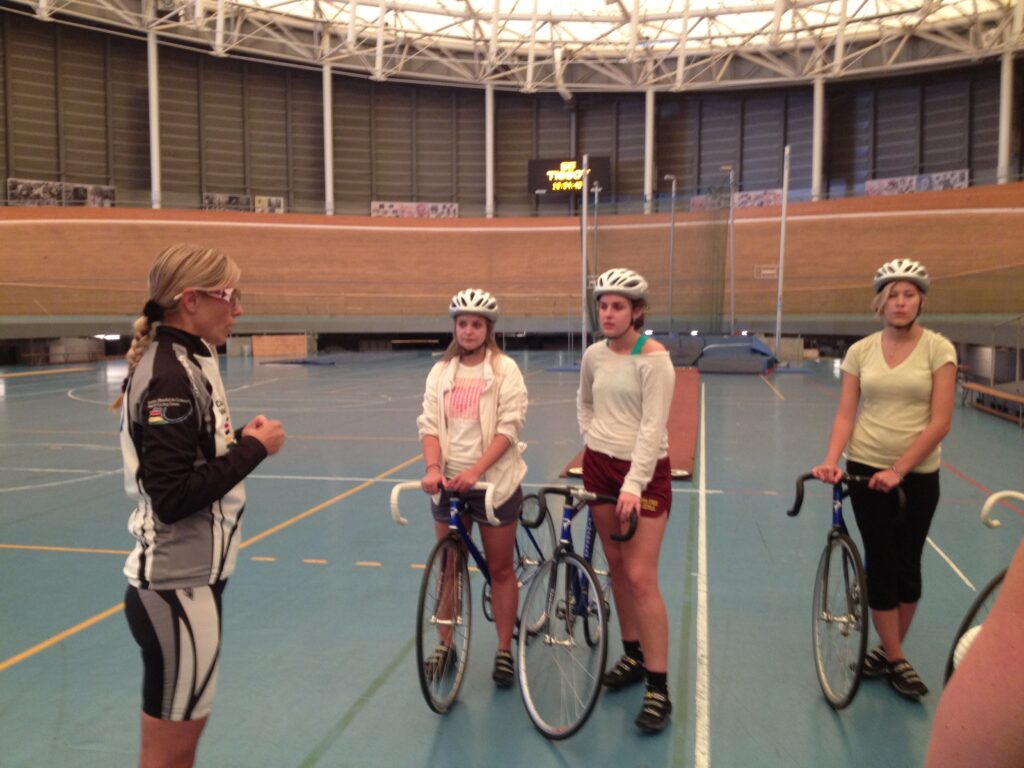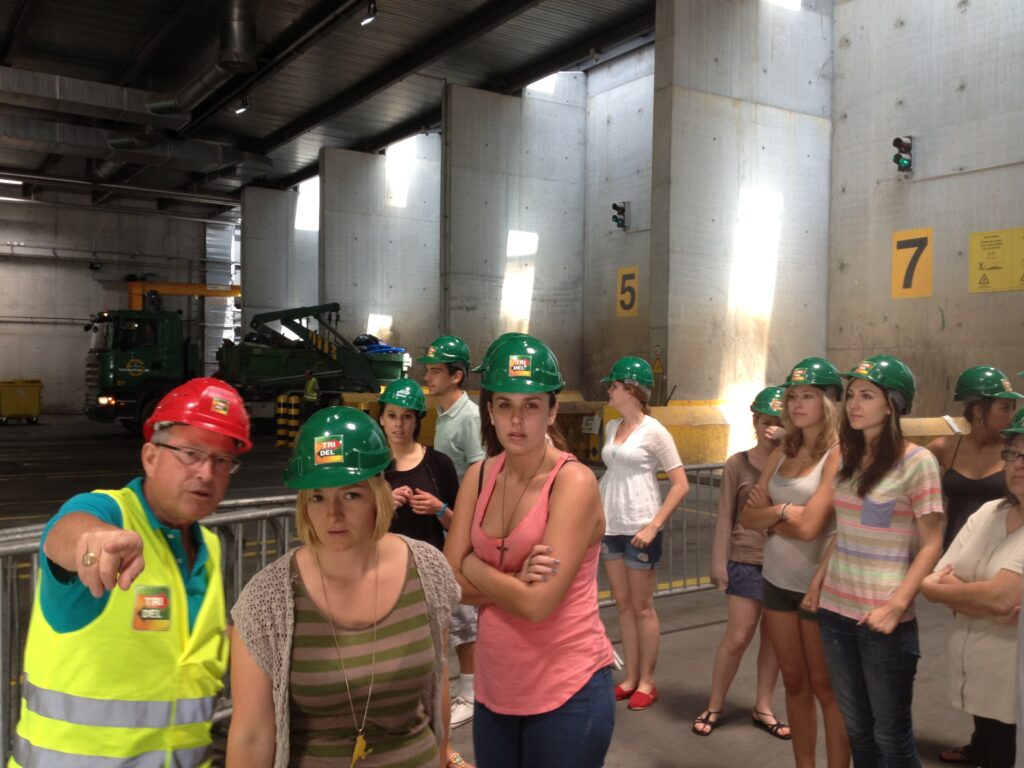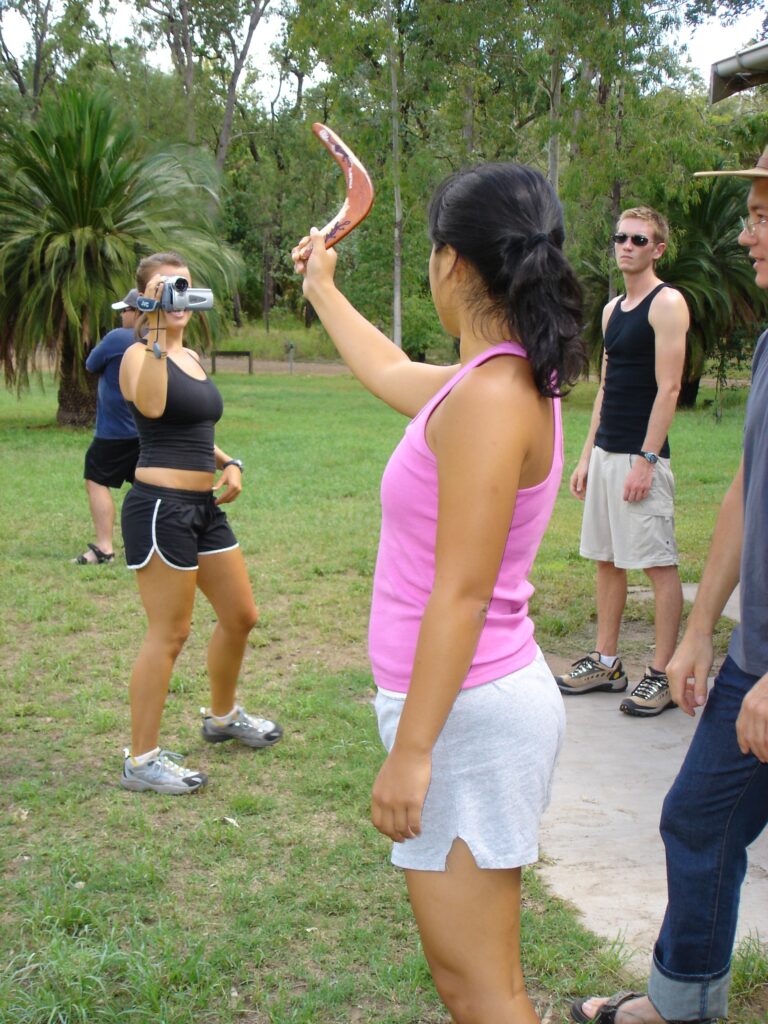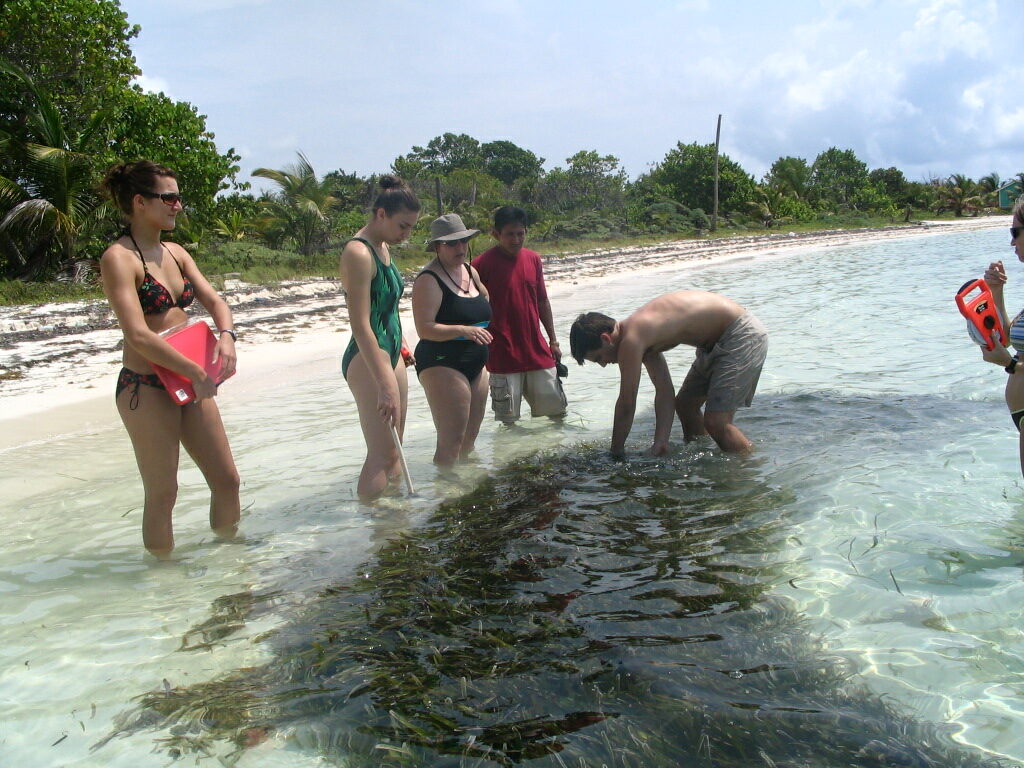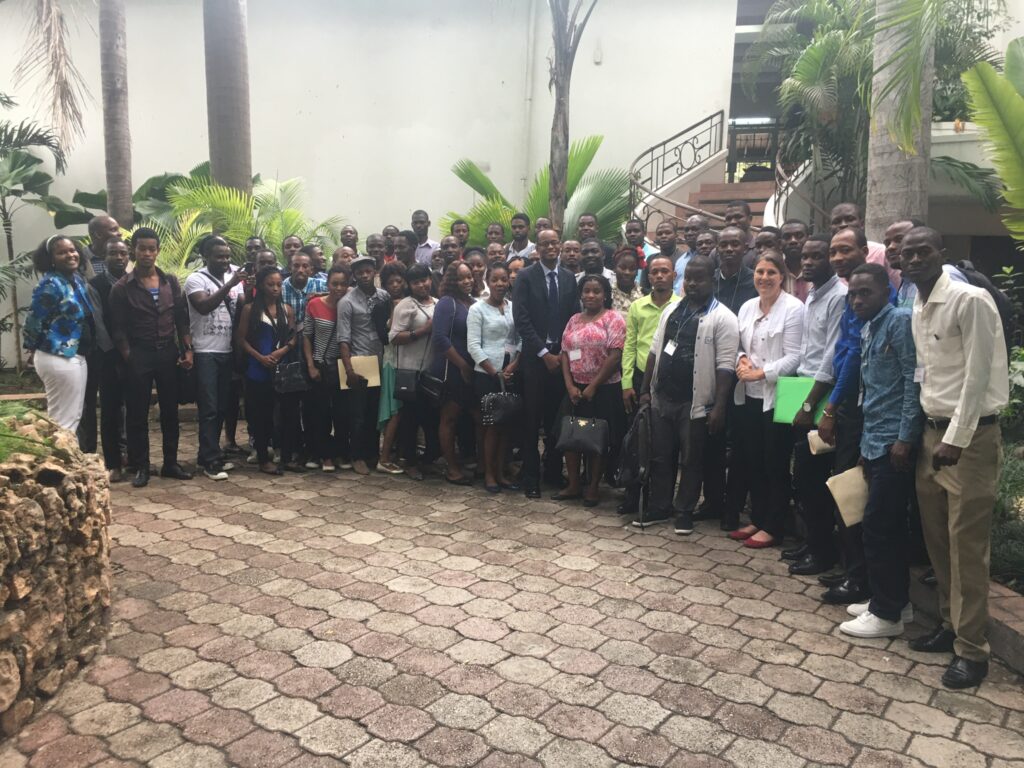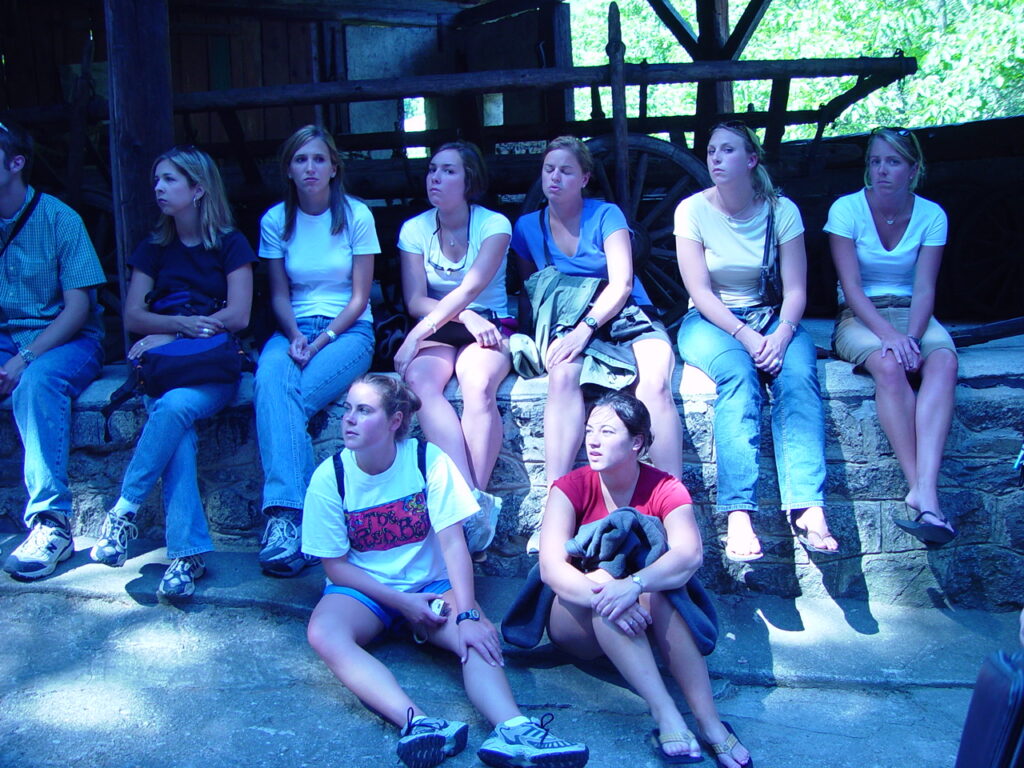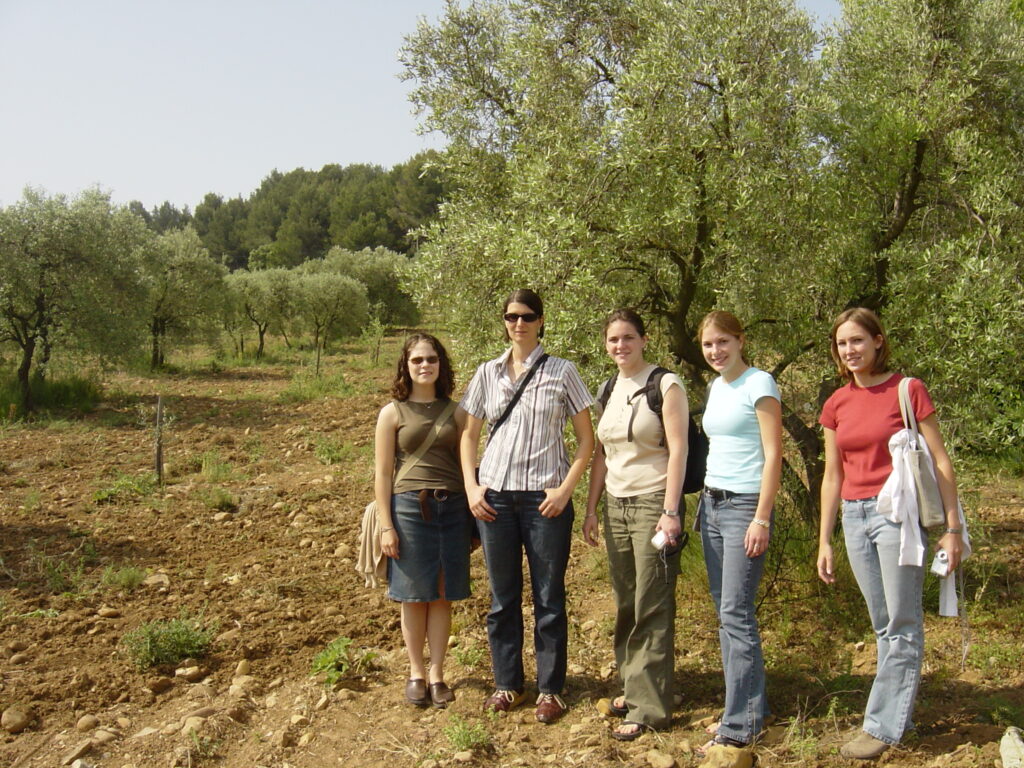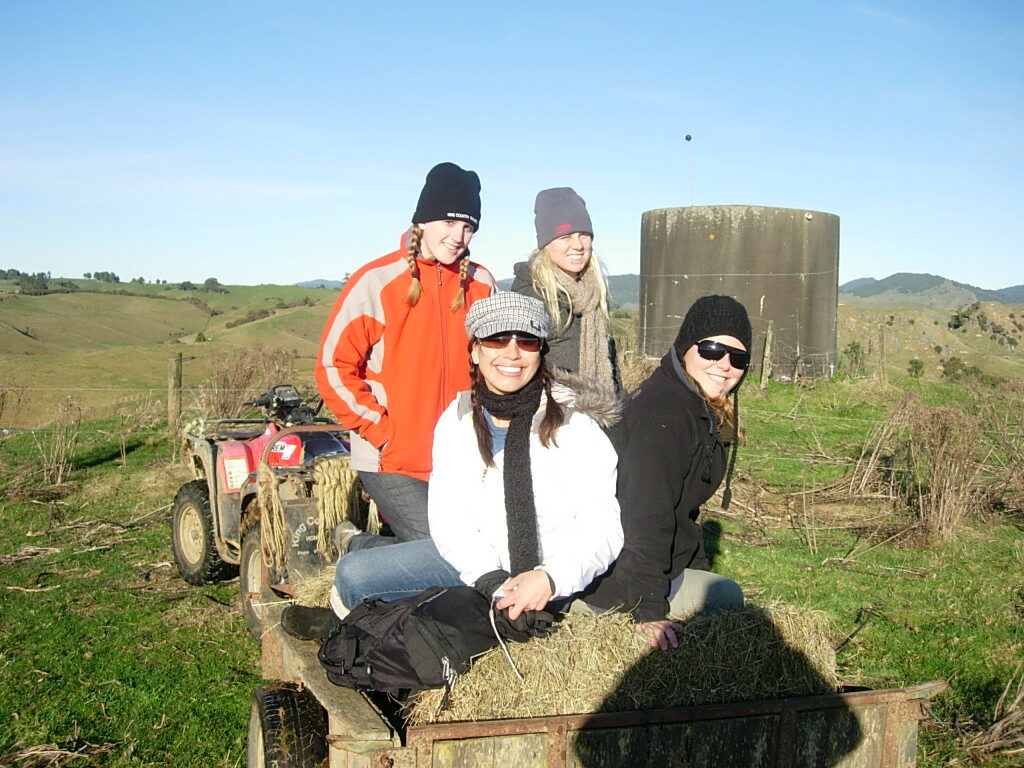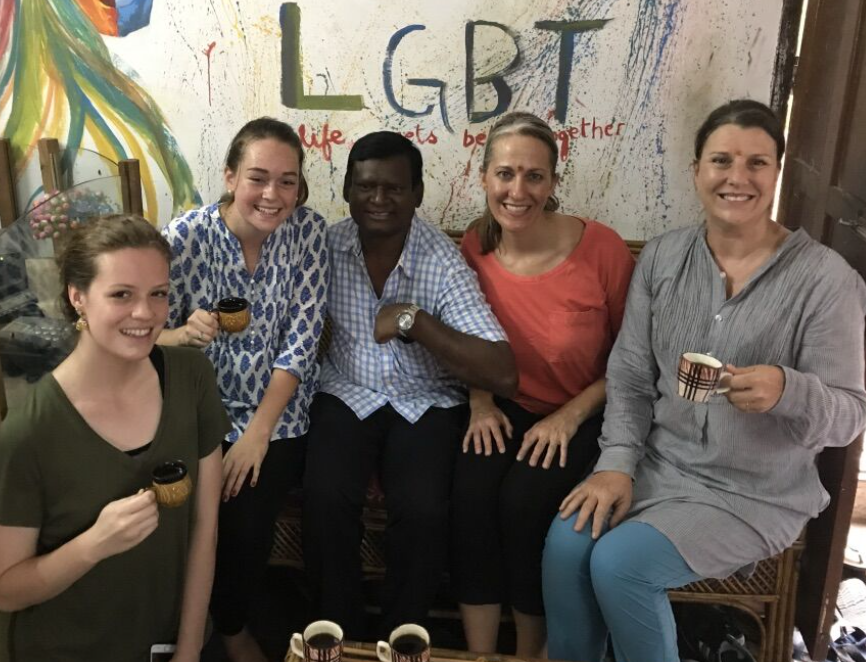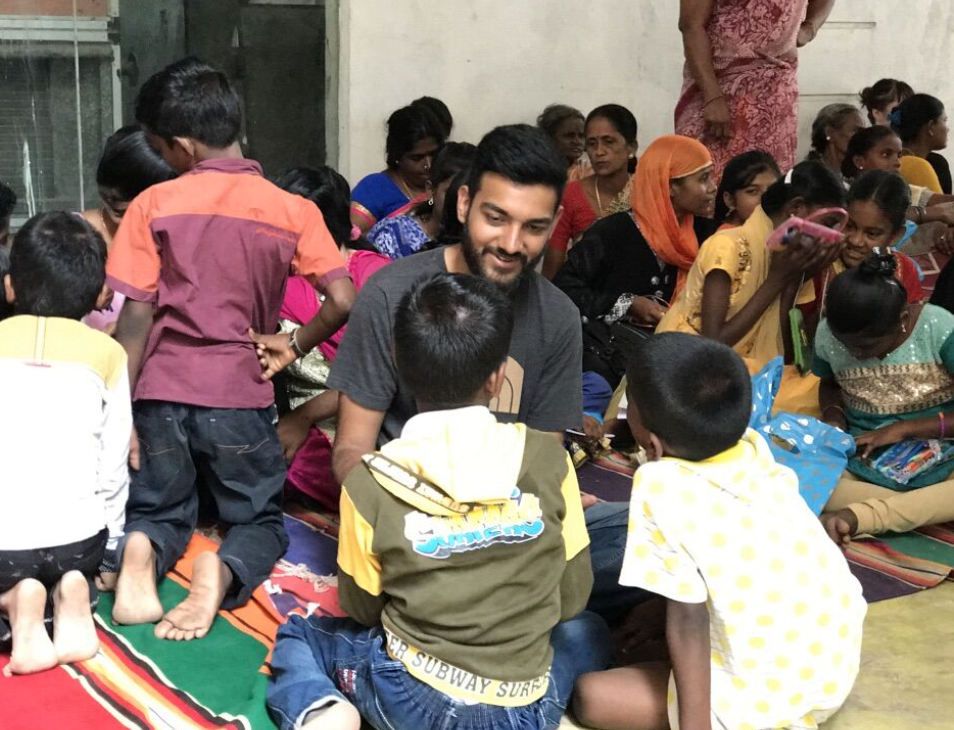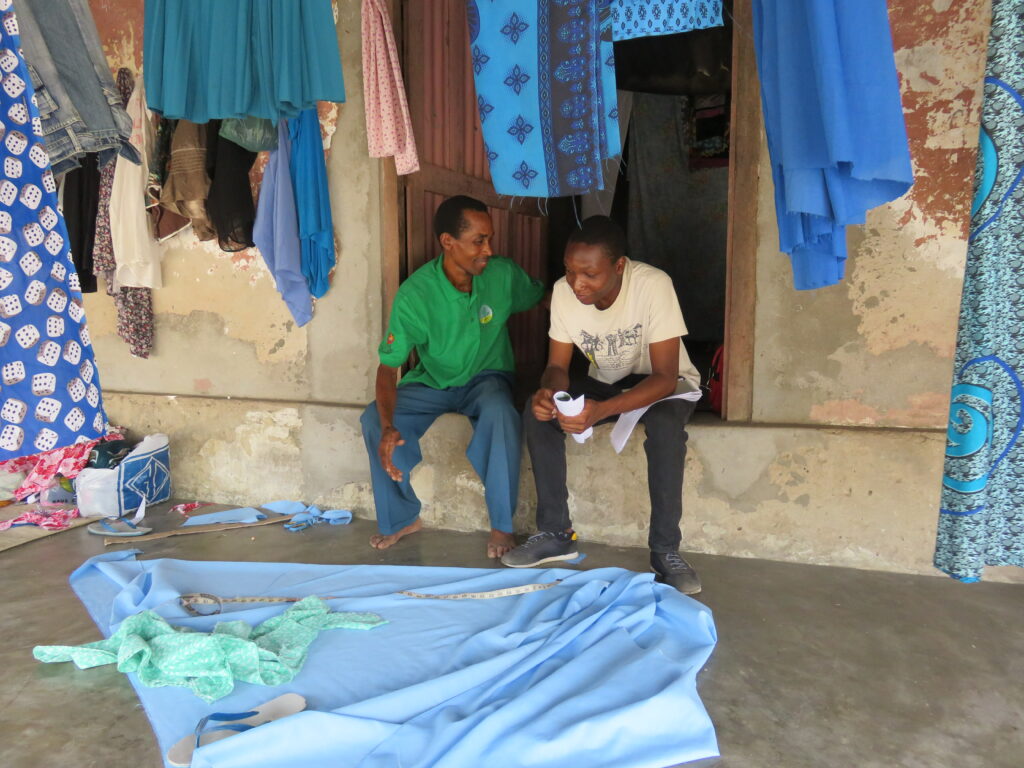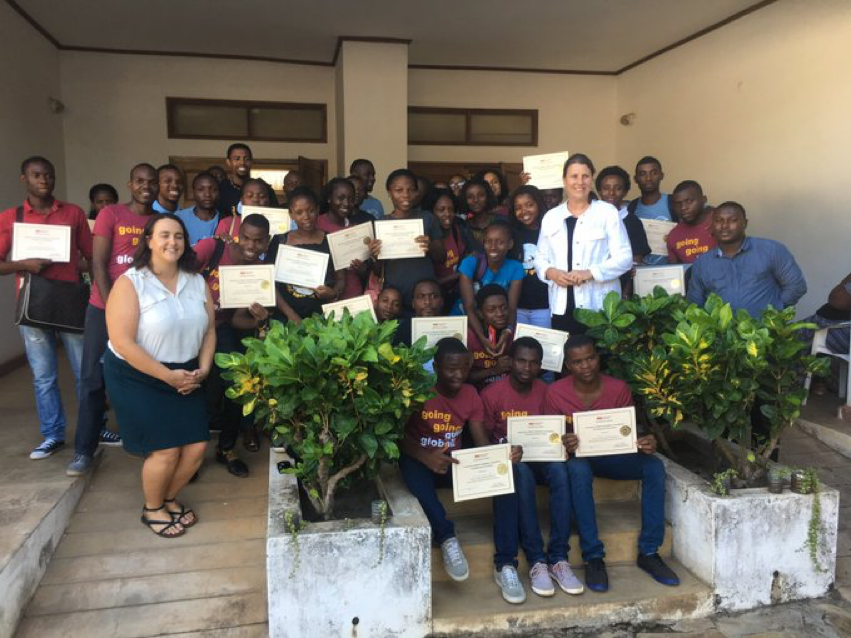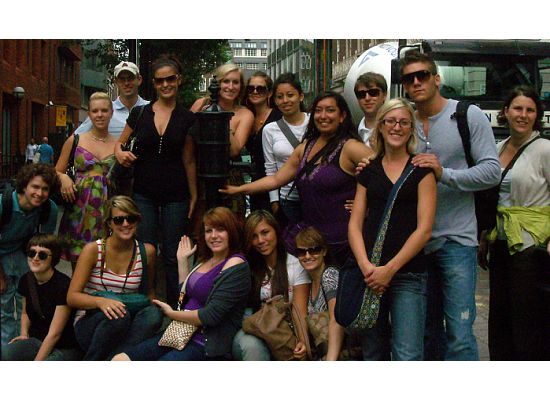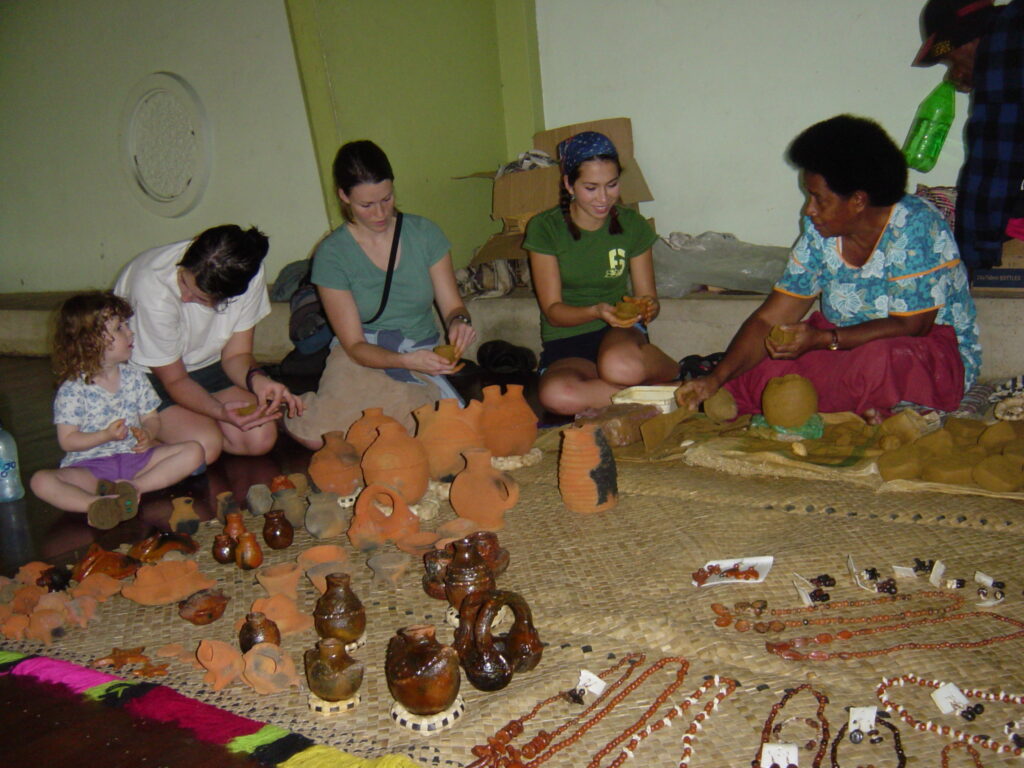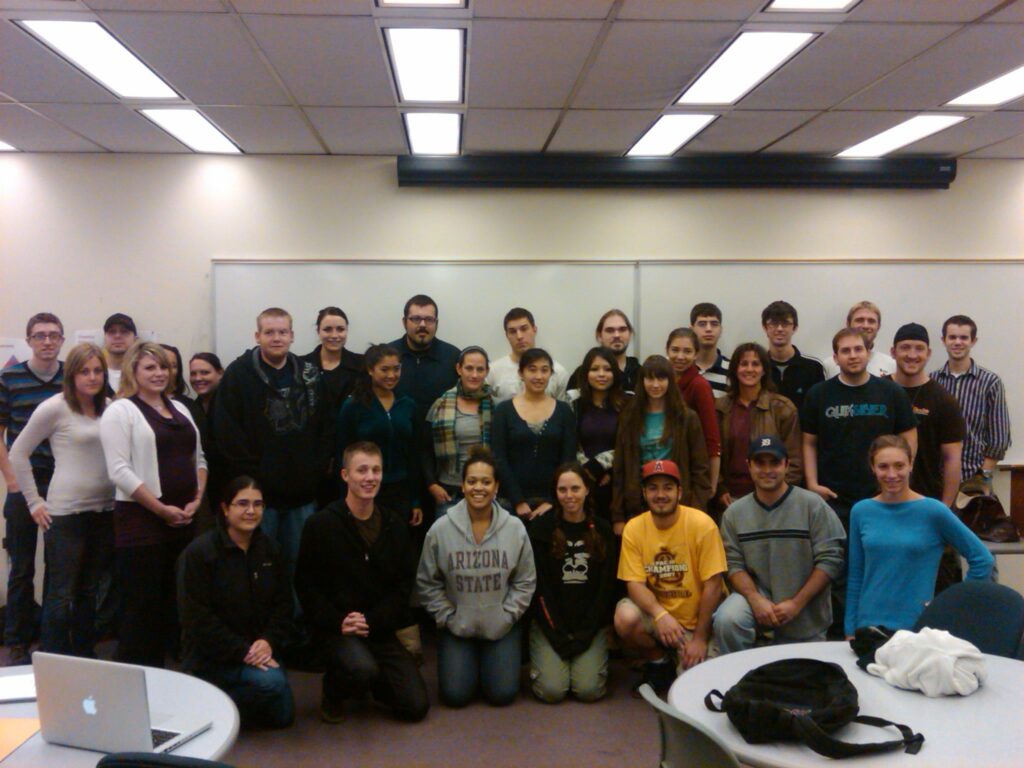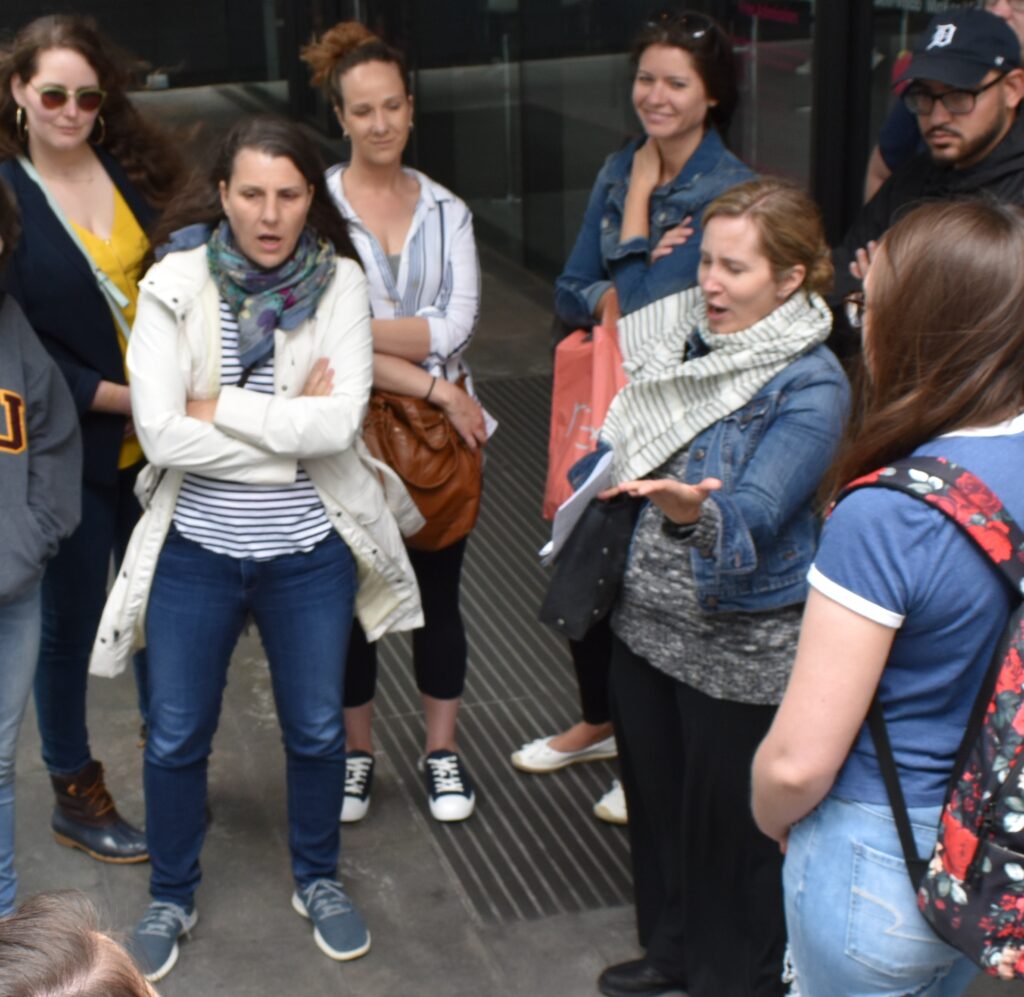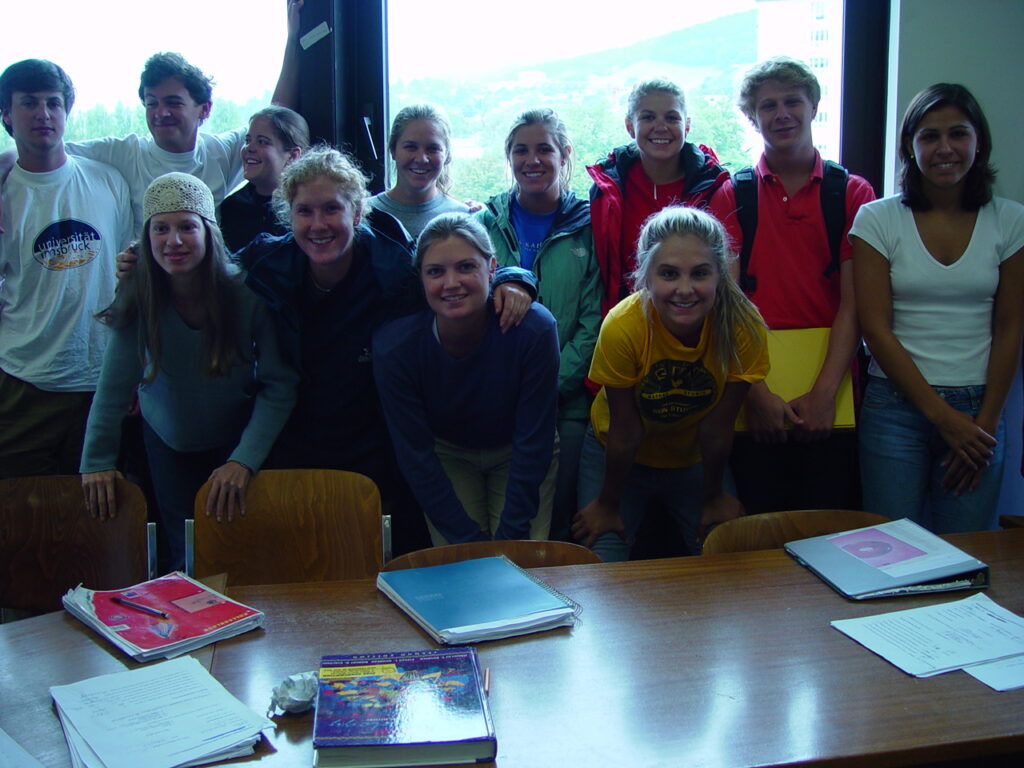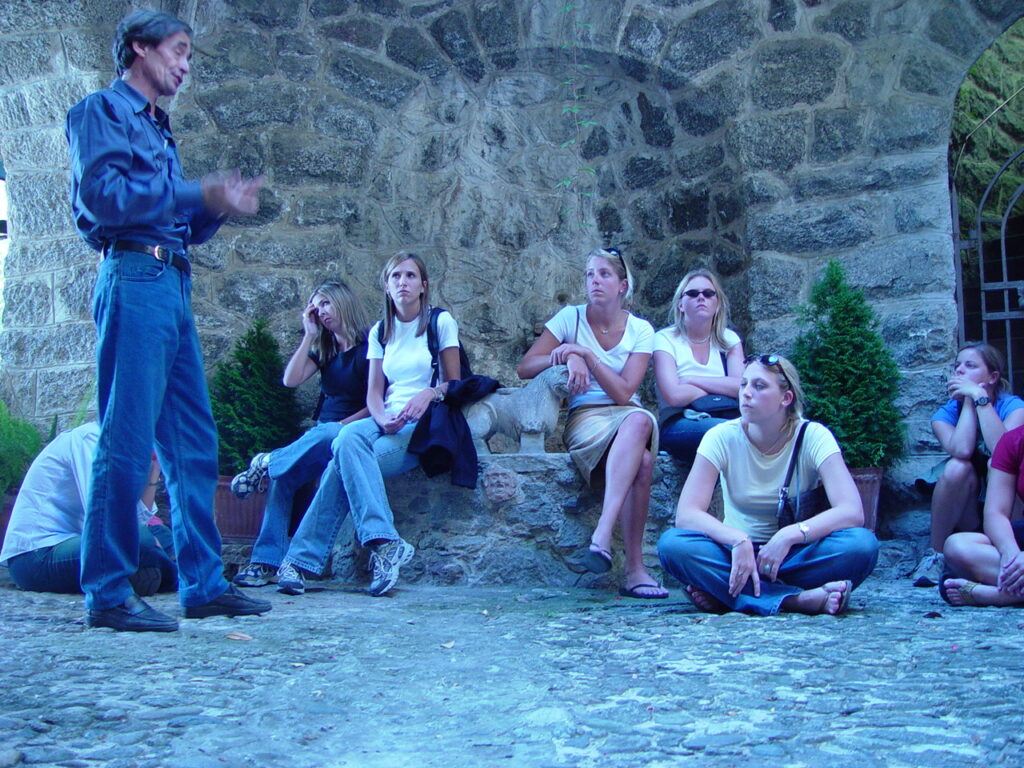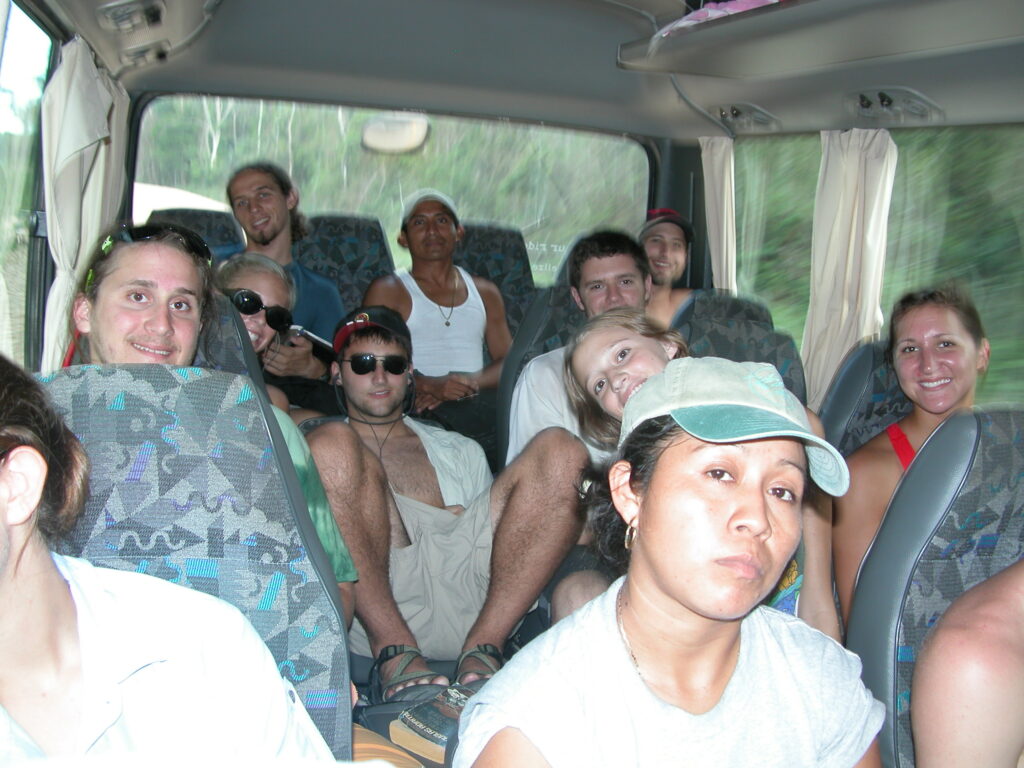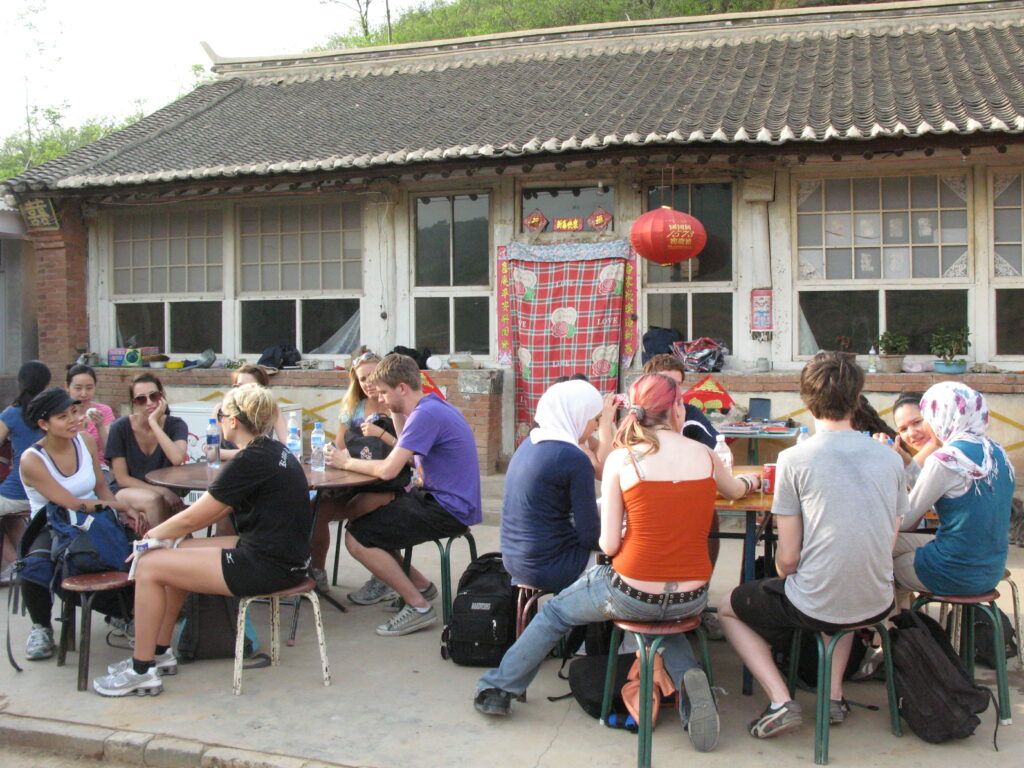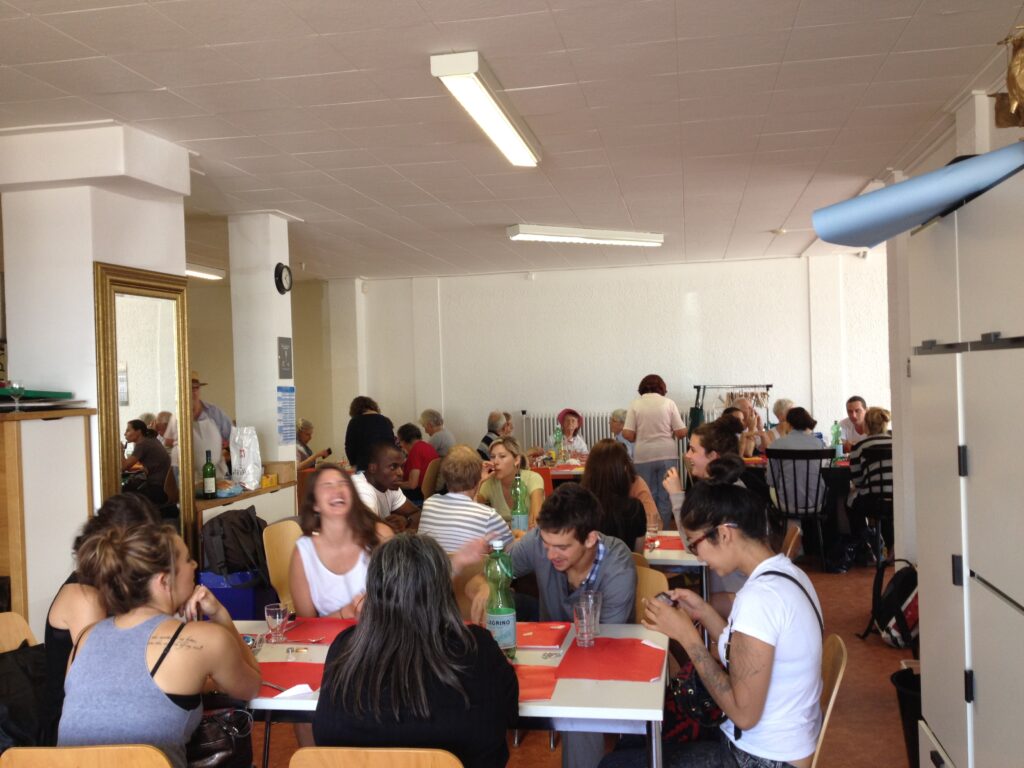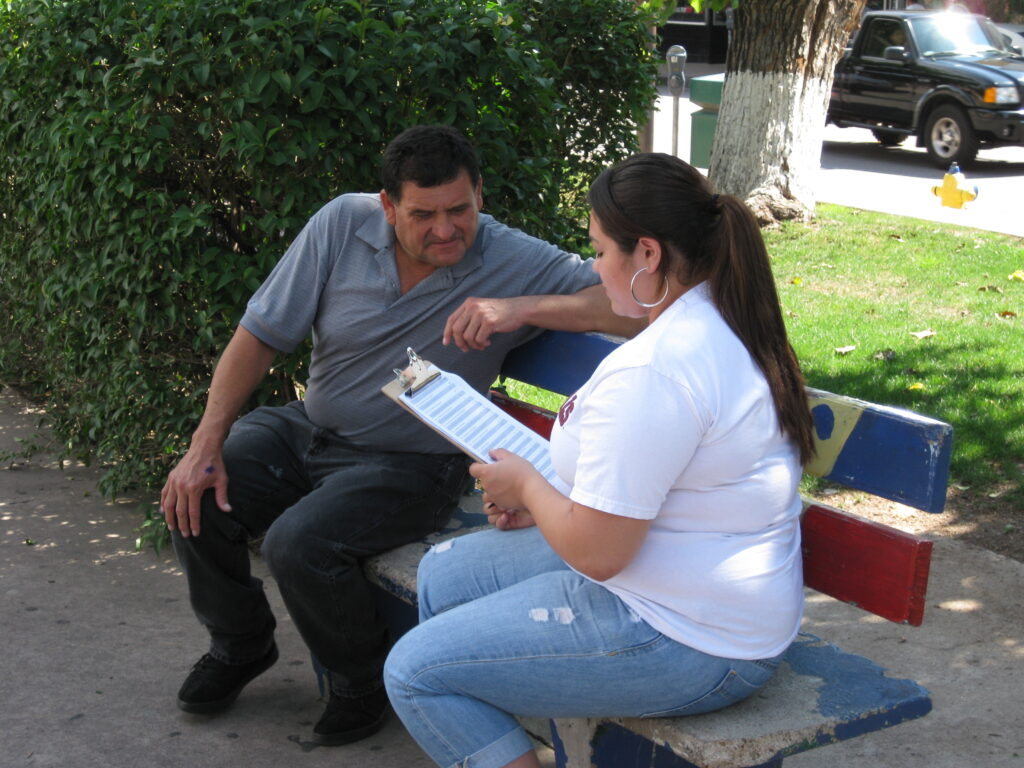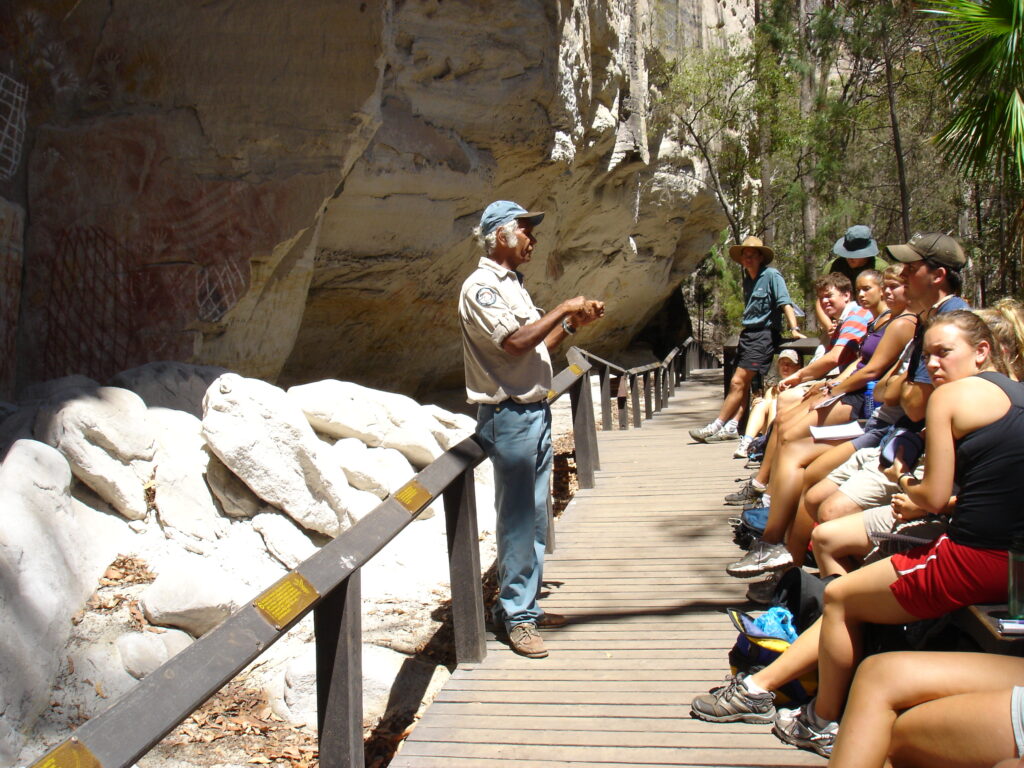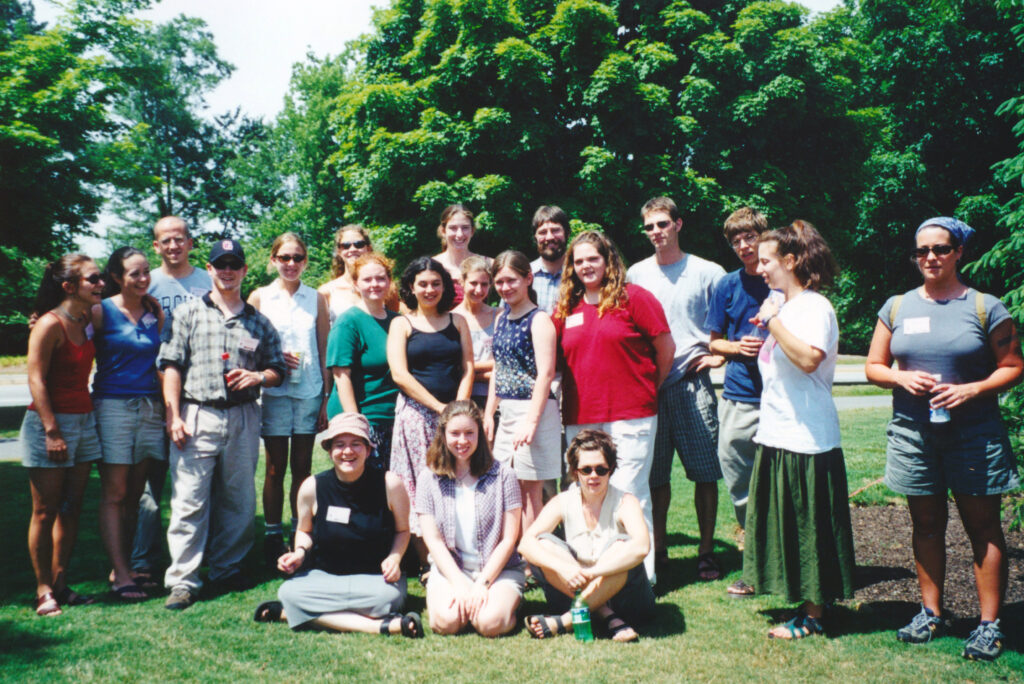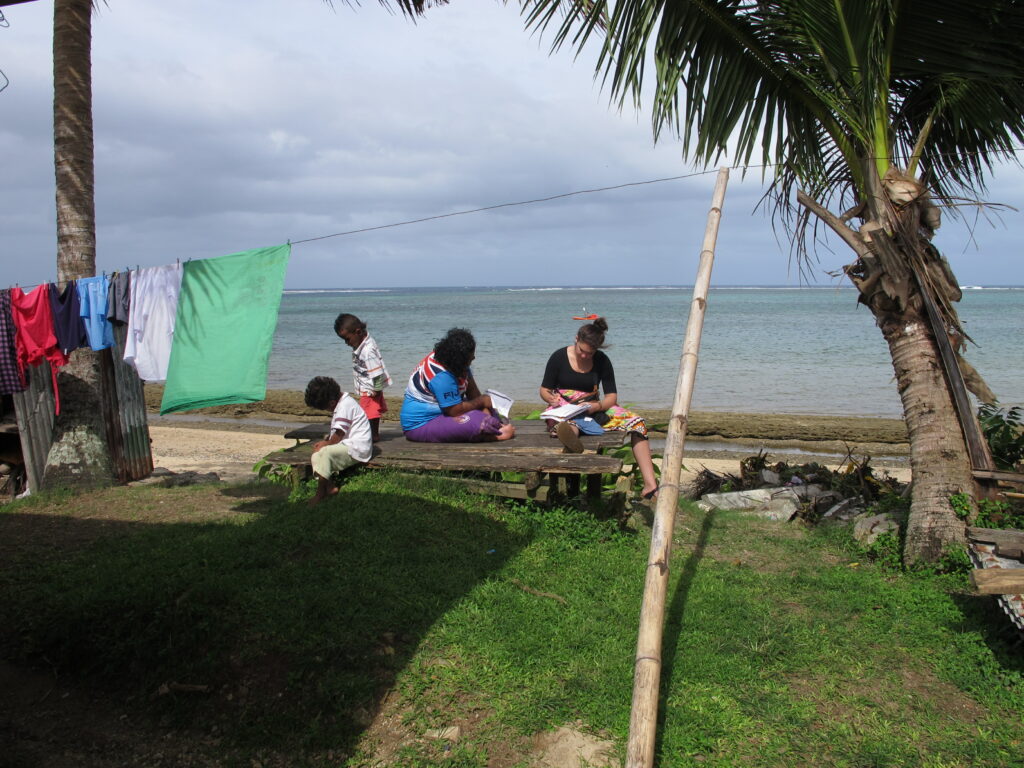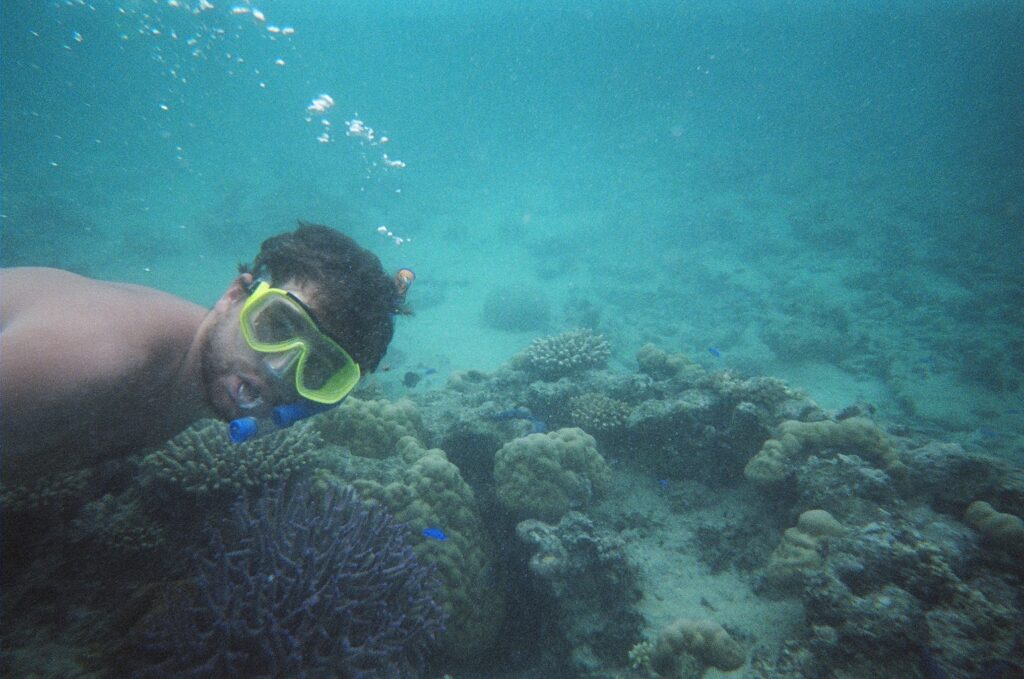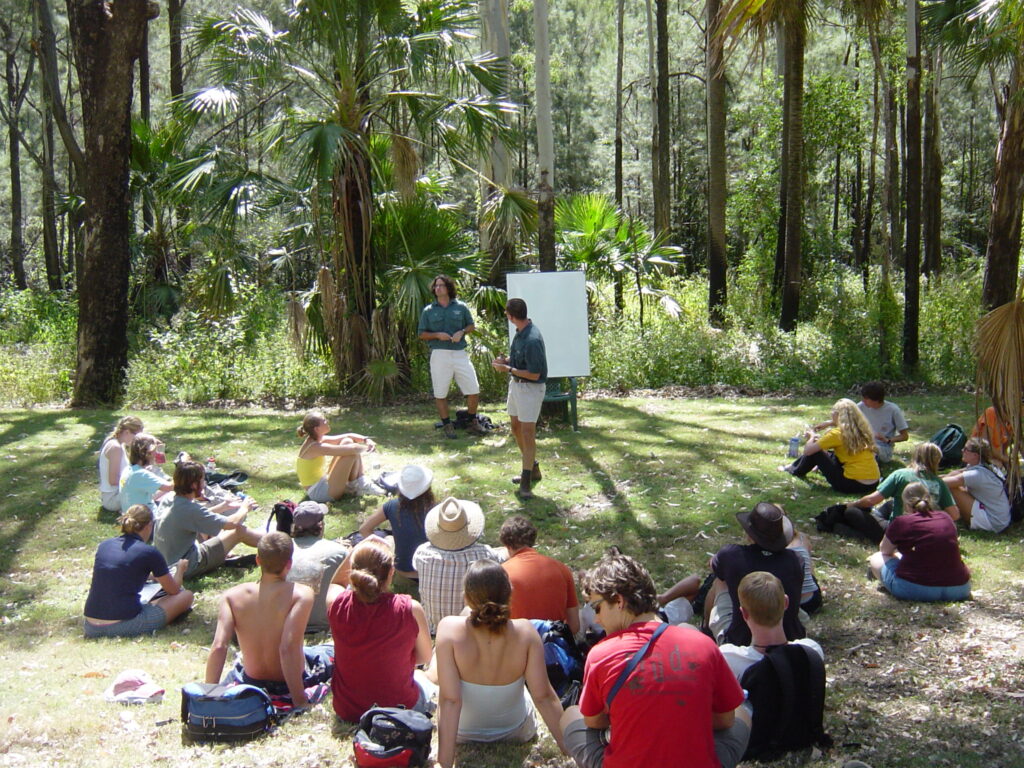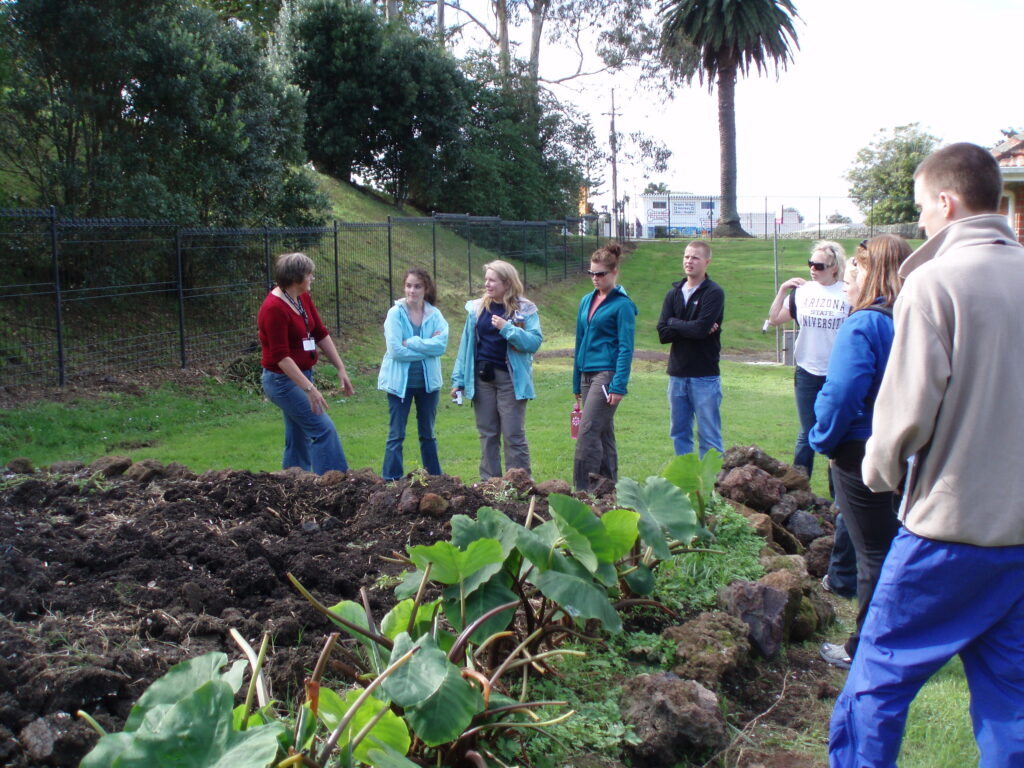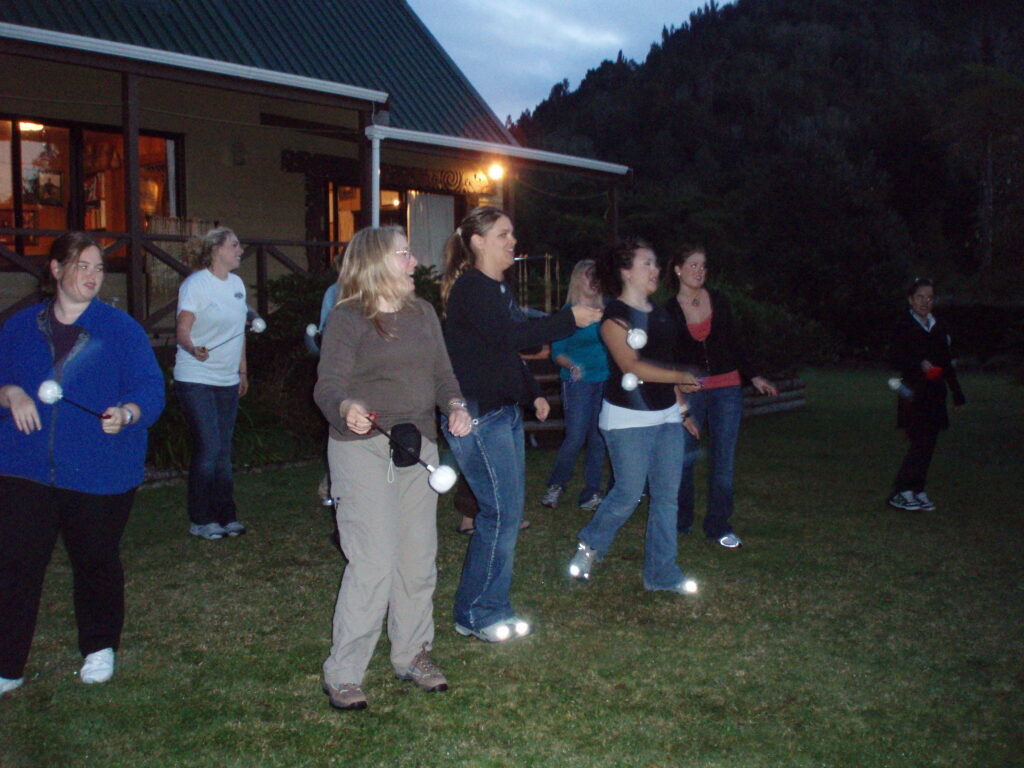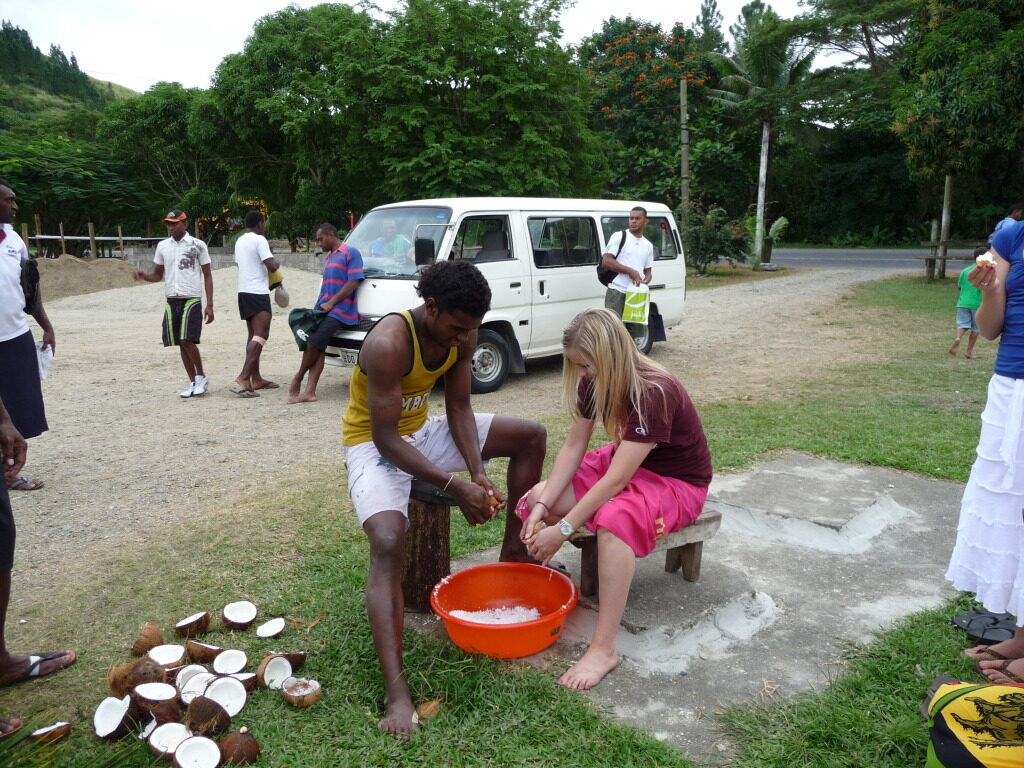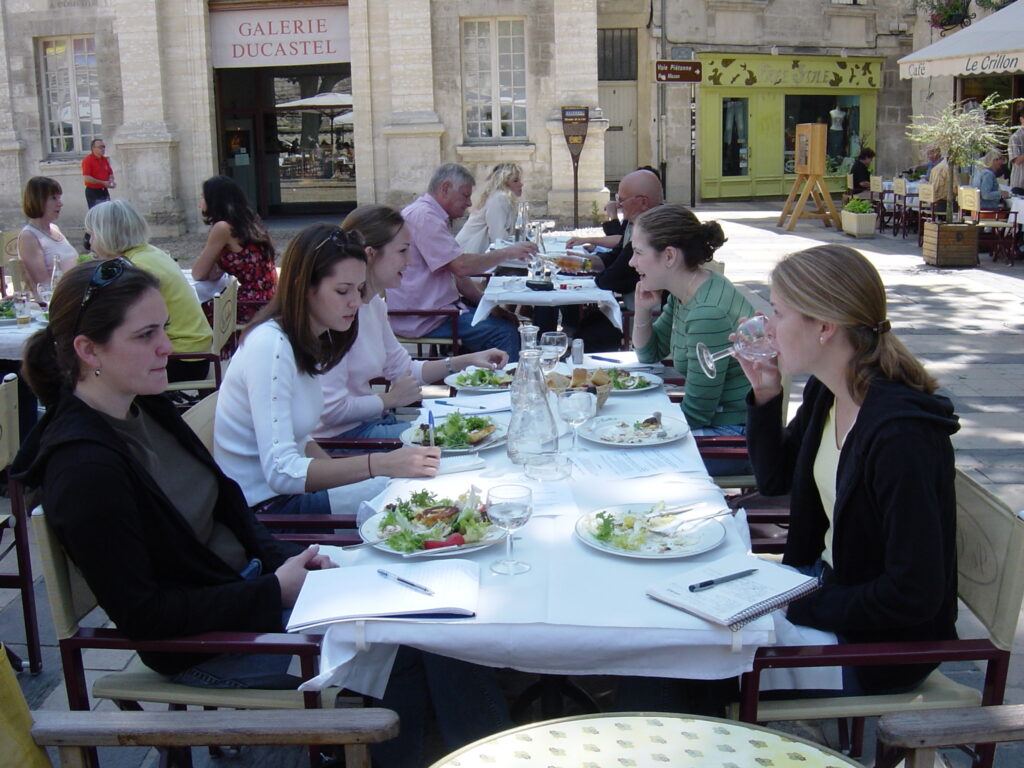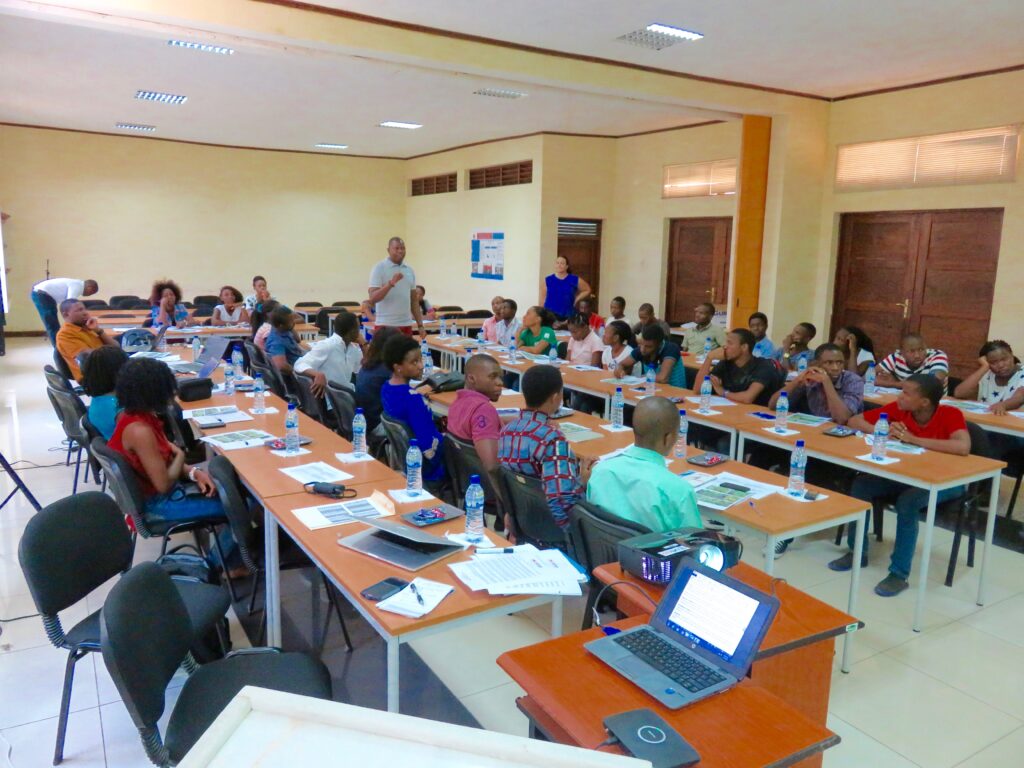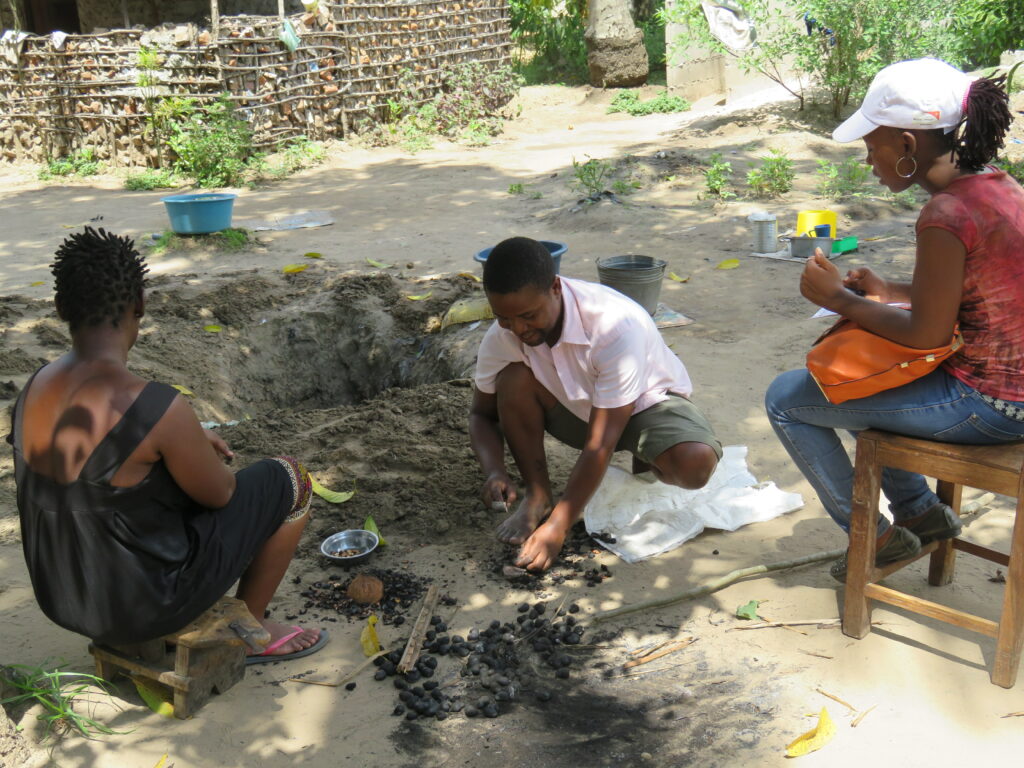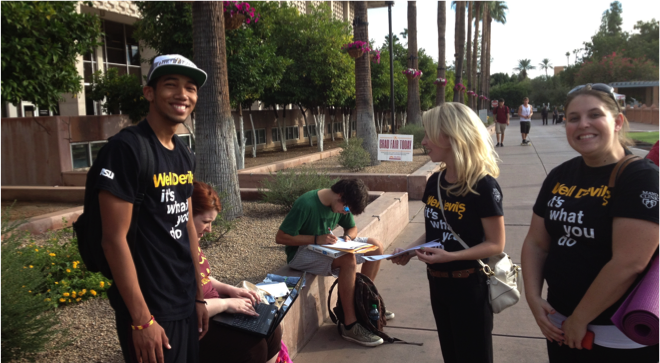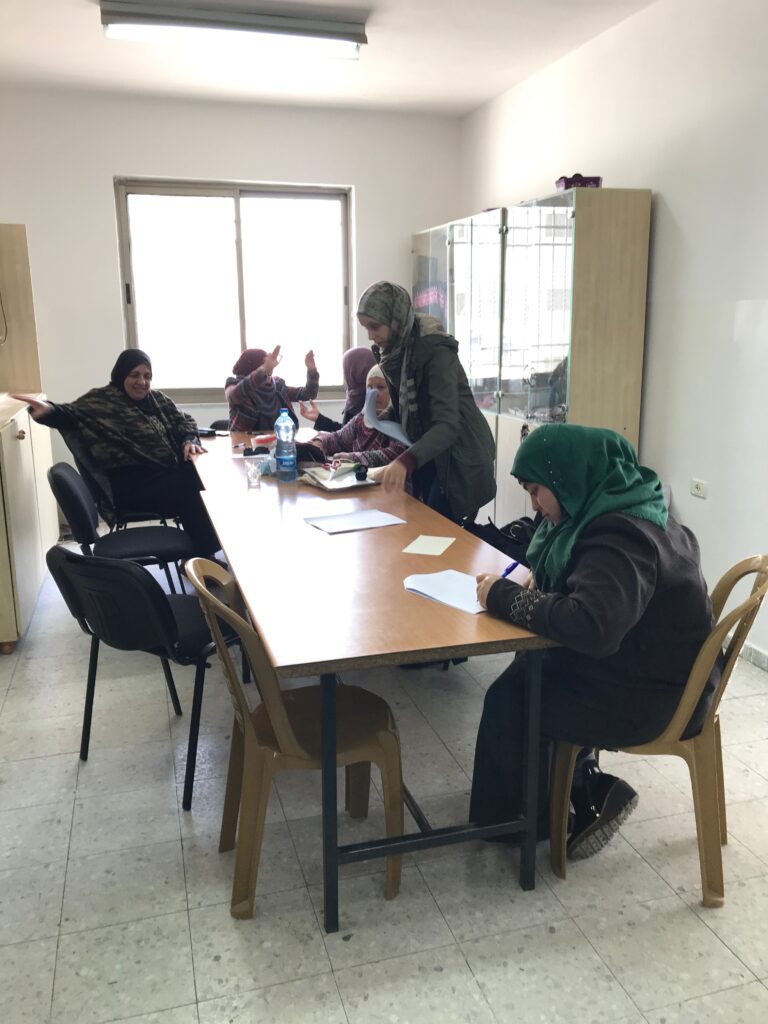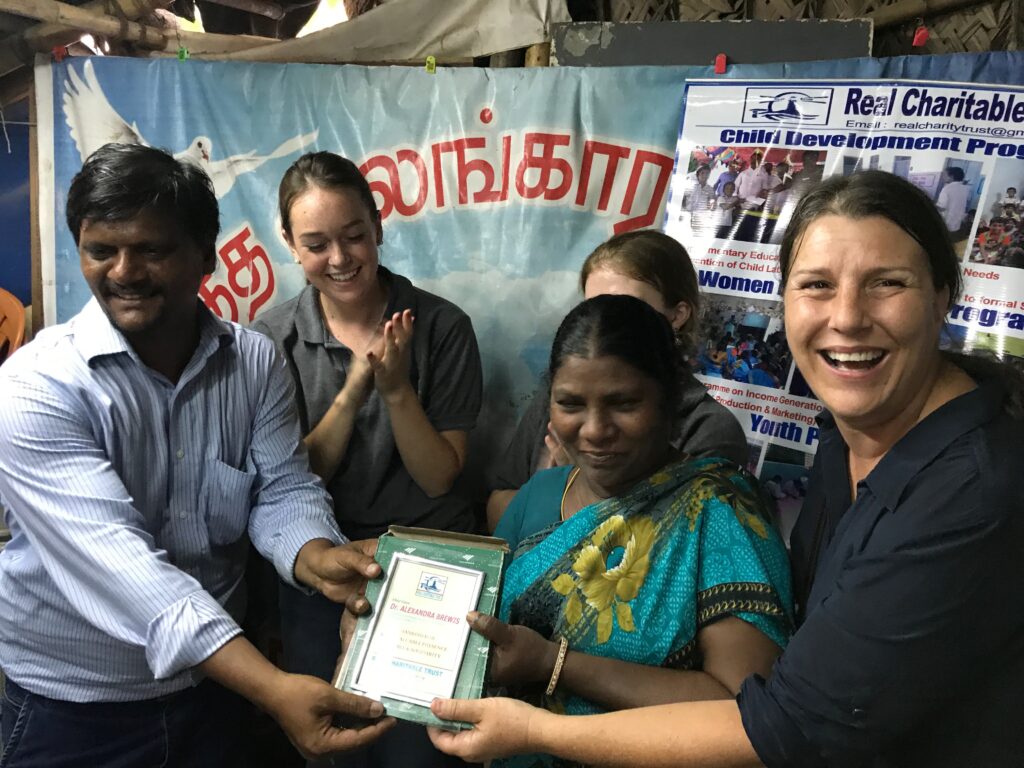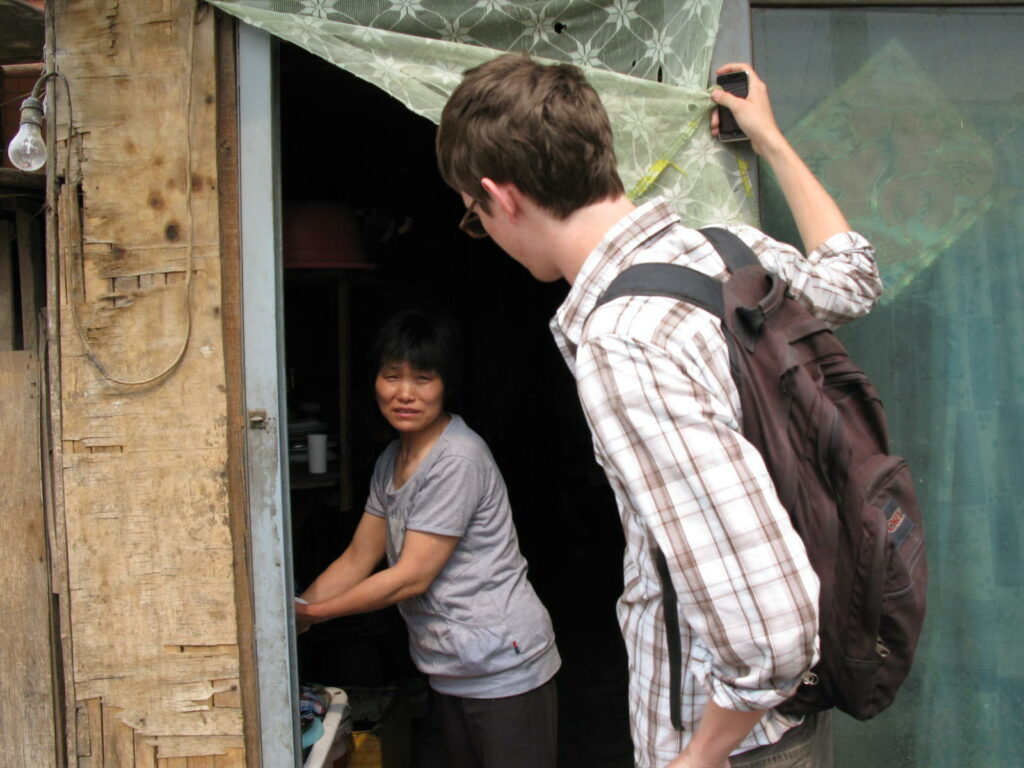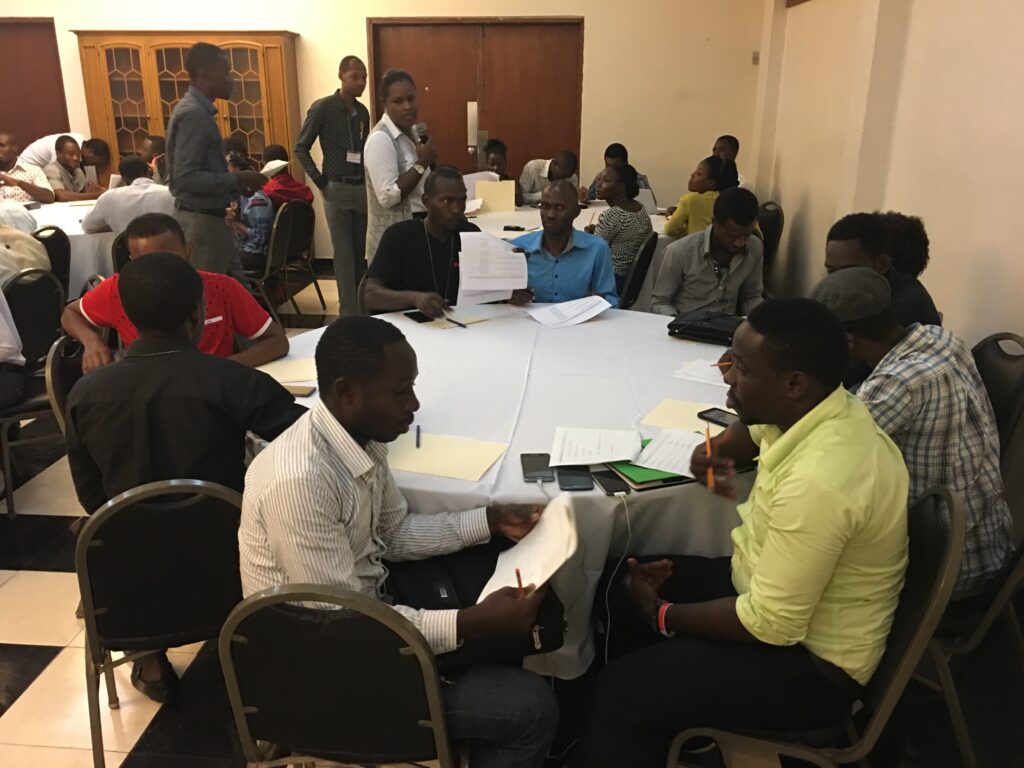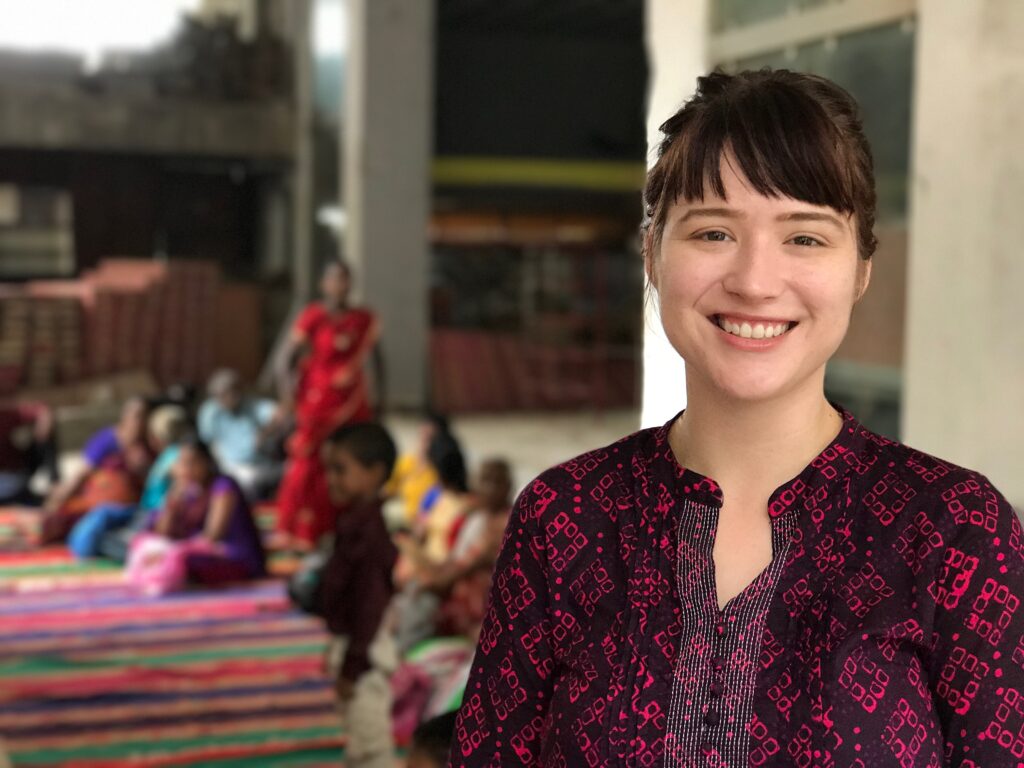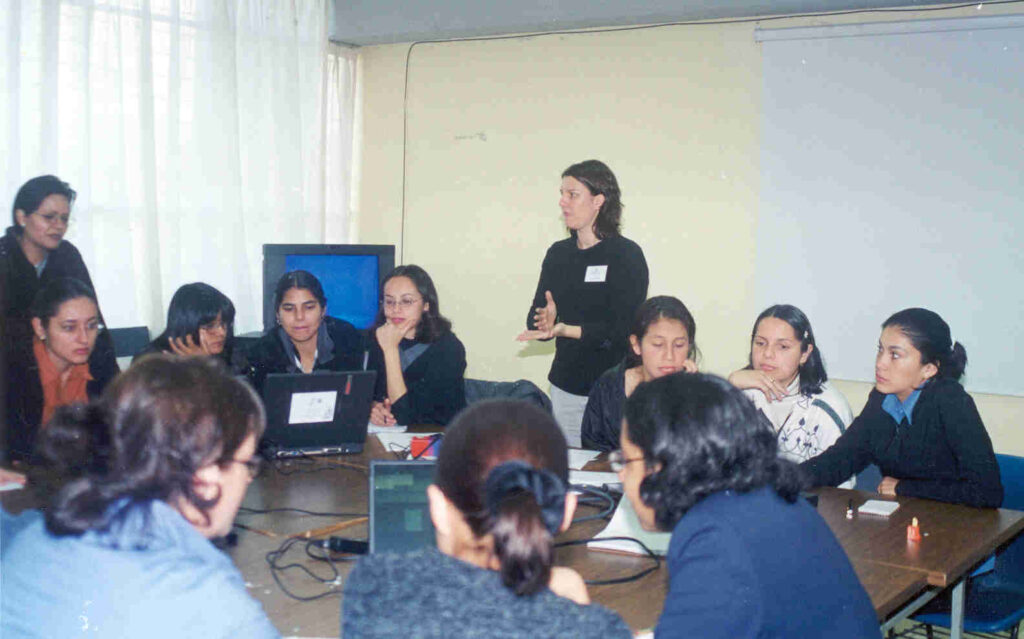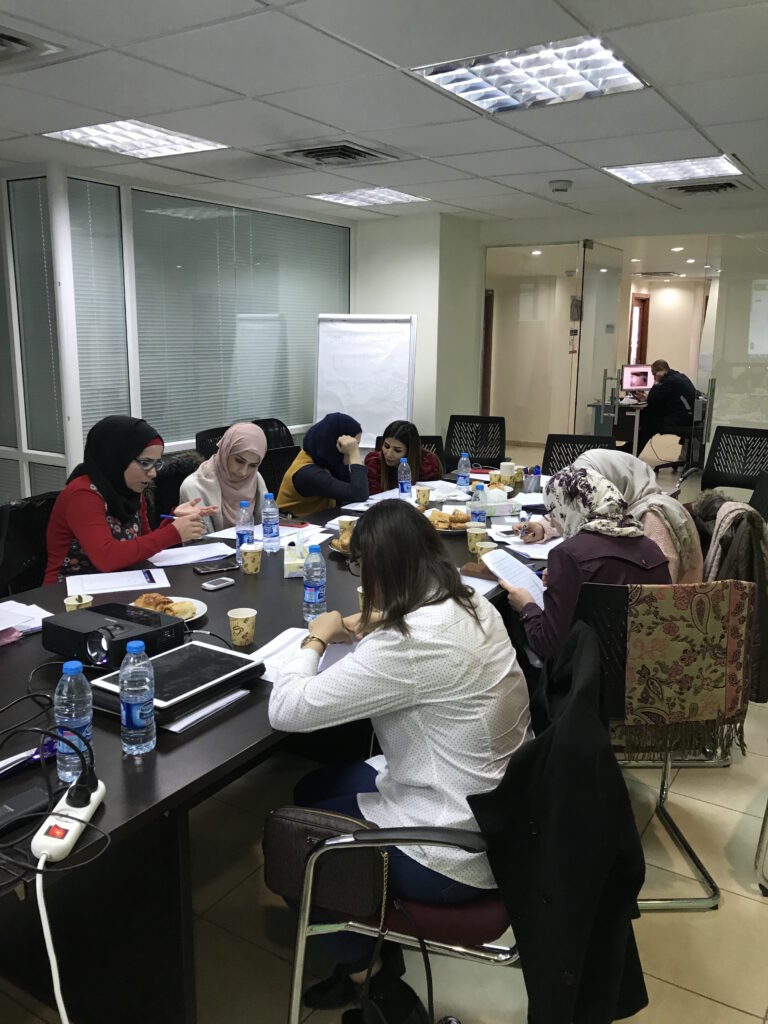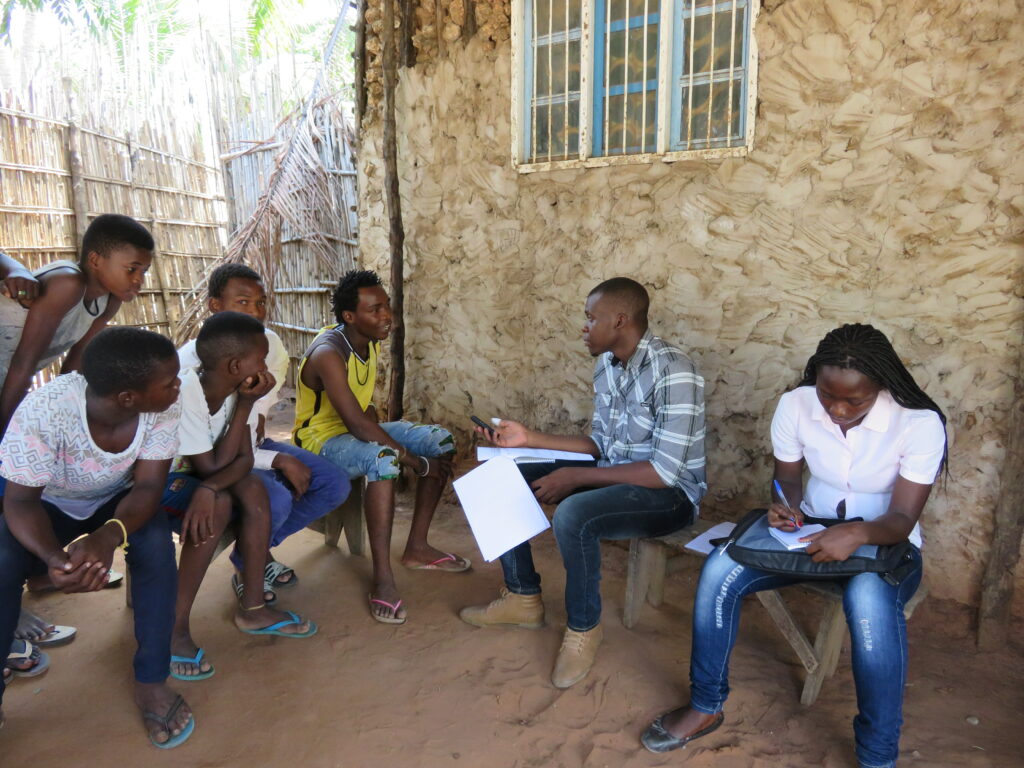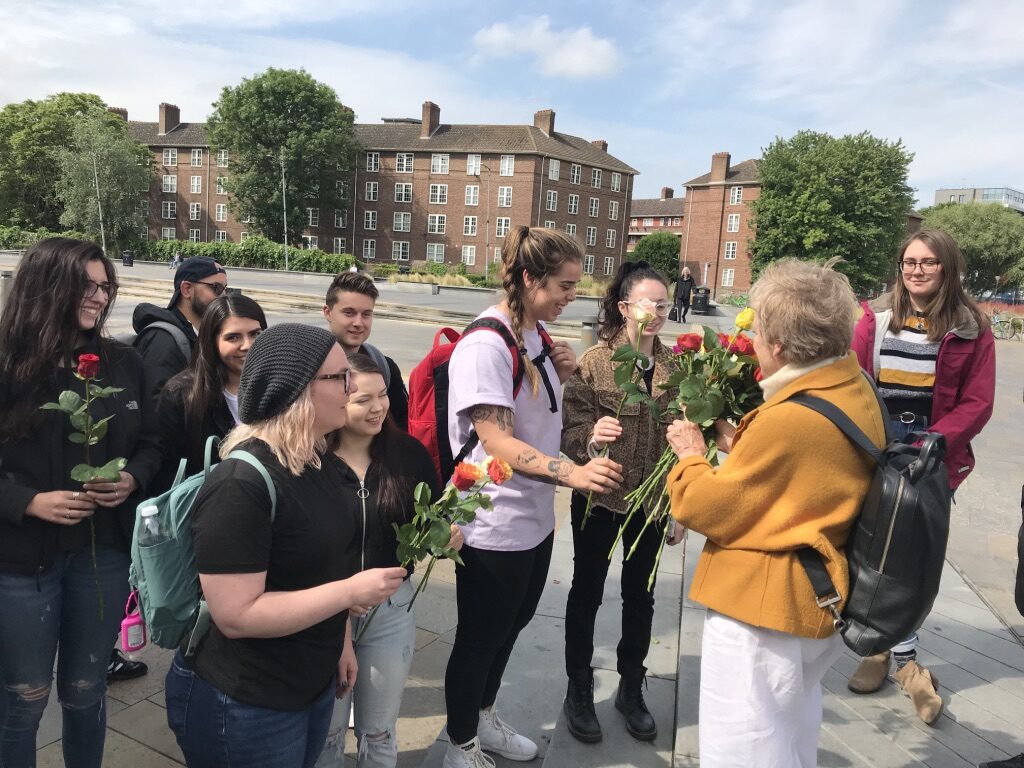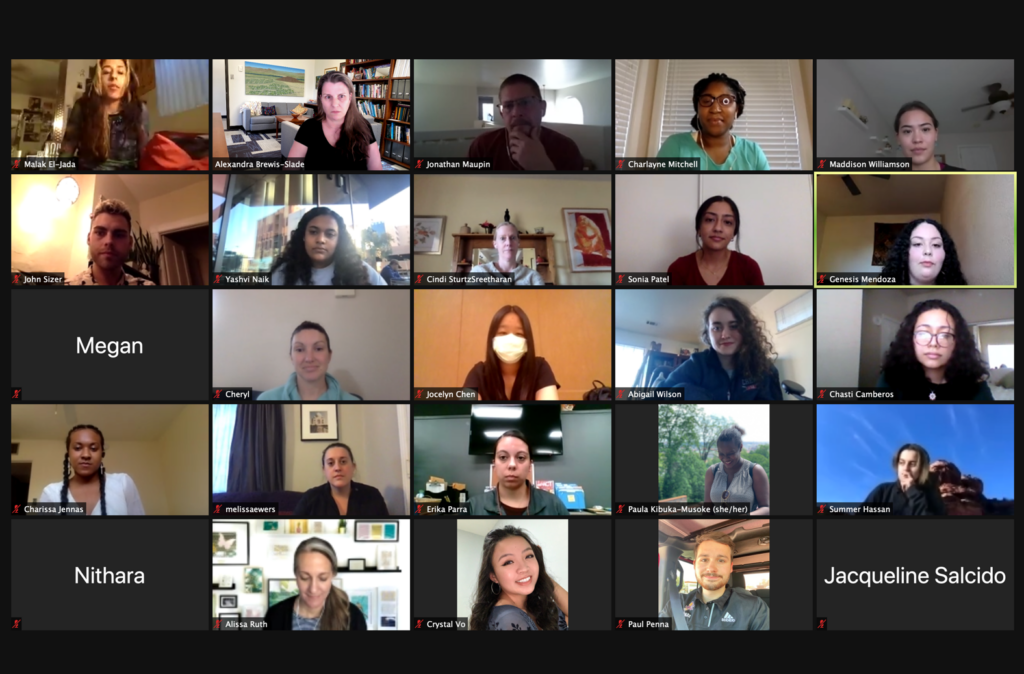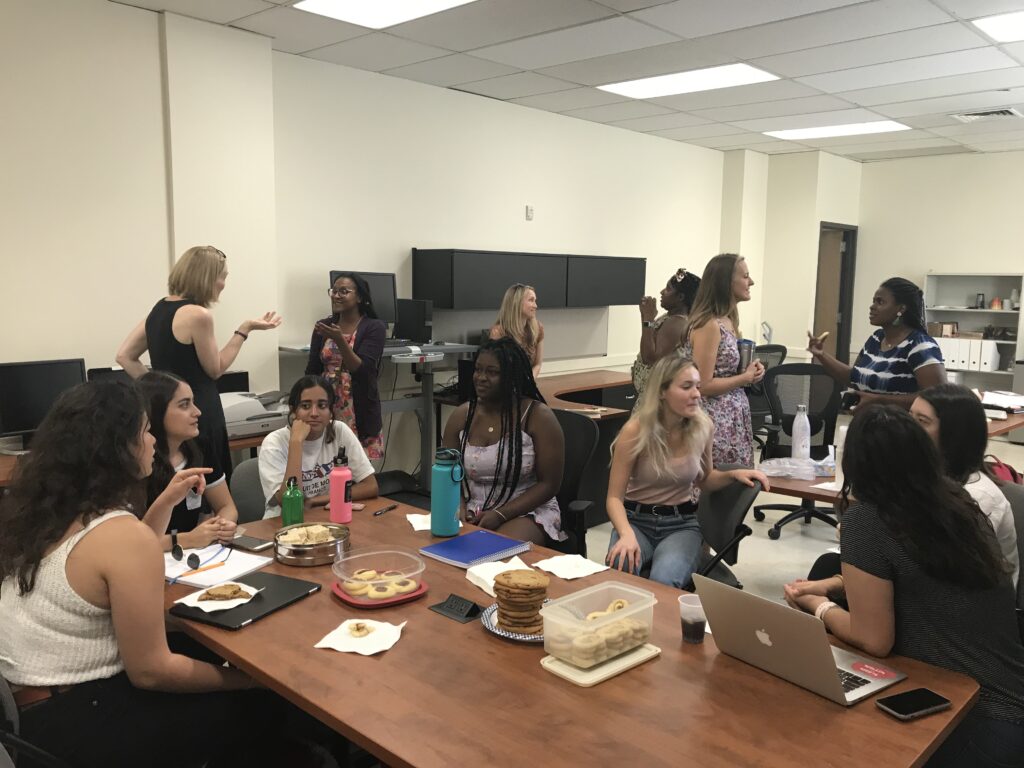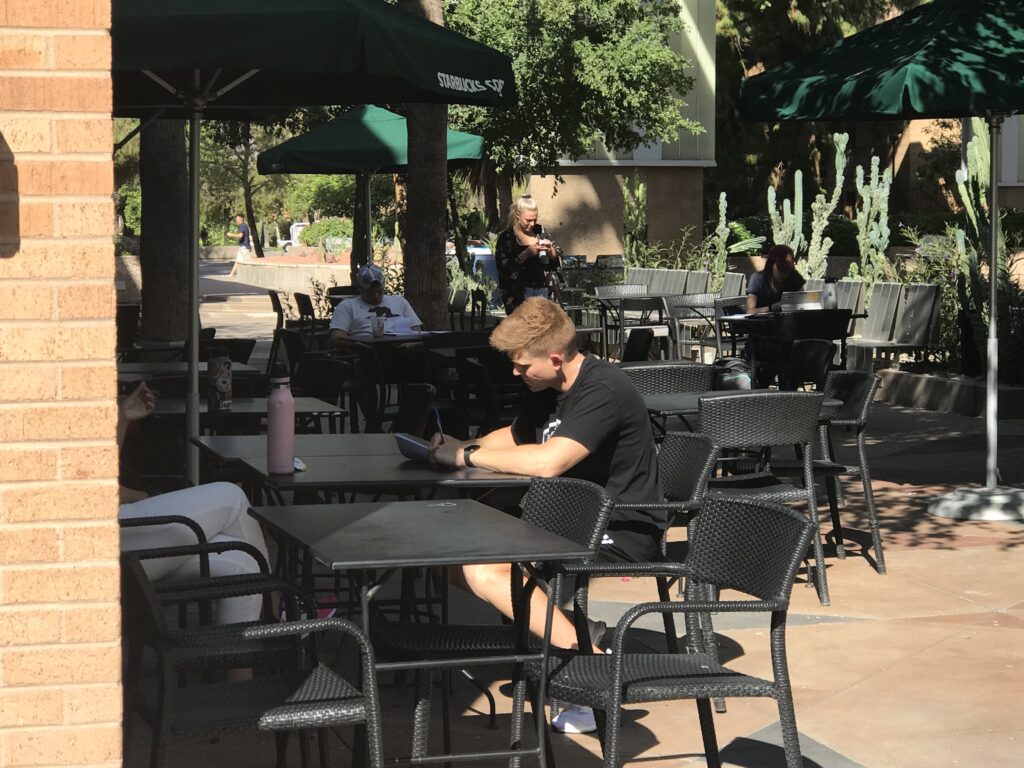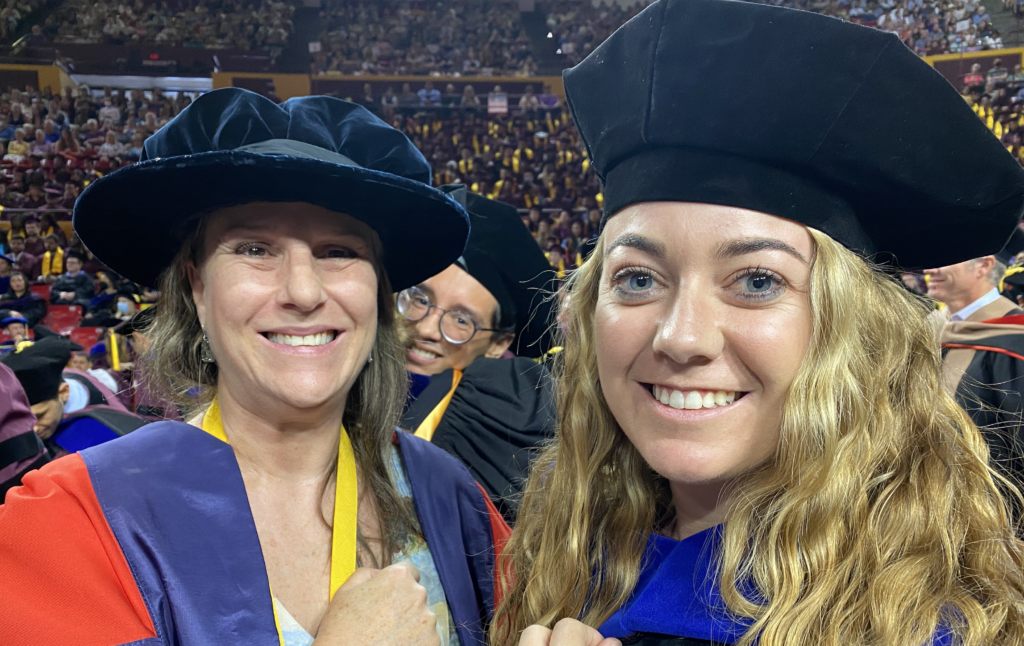I love teaching, and am always up to trying anything new, interesting, and daring that helps people learn better.
Undergraduate Instruction
My undergraduate teaching happens in multiple modalities and places. I was an early embracer of the challenge and special opportunities of online education, and currently teach about half my classes in virtual classrooms. Most of my other courses are experiential in some fashion, such as research practica where I work with class of undergrads to design and execute real, publishable research projects from start to finish. I recognize that most people learn fastest and best when they get fully immersed in the problem at hand, and the importance of teaching theory but constantly connecting it to concrete skills development. For example, a recent practicum class worked together on designing and doing a study in four different Arizona communities looking at how reliance on some devalued forms of drinking water signals poverty and low status, and as such is stigmatized.
To me, then, there is no need for any distinction between our research and undergraduate teaching. I bring students into our research, and our research into the classroom. Our team even does research (and publishes it) on how to best innovate undergrad teaching, and we involve our students in that.
I am a massive study abroad proponent; done well it is the most powerful pedagogical tools we have. Over the last 30 years I have developed and led award-winning health and sustainability themed study abroad programs in eleven countries (New Zealand, Australia, Fiji, UK, China, Switzerland, Antartica, France, Belize, India, France), many of which have been subsequently adopted and replicated by other institutions (like the Antartica program). In the summers, I also engage our students in our own anthropological fieldwork, inviting them to join projects on the ground to get an experience in doing anthropology. Students can also learn about the research process in the lab too, and I created a large lab-based undergraduate research apprenticeship program for our School that is going strong, and has to date served 1000s of our students.
My major teaching project (now through 2023/24) is rethinking the basics of how we teach a fully integrated Introduction to Anthropology in the new millennium. I am excited by our instructional dream team on this effort that includes cultural anthropologist Amber Wutich, archaeologist Kelly Knudson, biological anthropologist Chris Stojanowski, anthropological linguist Cindi StrutzSreetharan, and our editors Jake Schindel and Andy Blitzer at Norton Publishers.
Graduate Training
I am currently open to accepting potential graduate students for the Anthropology, Global Health, or Environmental Social Science PhD programs. In mentoring graduate students (and post docs), my focus is on helping each to develop a sophisticated skill set (theories and methods) that allows to address complex questions at the intersection of culture, health, and environmental research. I work closely with other faculty in our School in training graduate students, all of whom develop sophisticated research skills by working collaboratively with us on team projects through the Culture, Health, and Environment Lab. This means our advisees get the chance to interact closely with an array of faculty on different ongoing projects, while also developing their own specific domains of expertise over time that contributes uniquely and importantly to that team. This approach has proven success: grad student lab members advance rapidly and successfully into their own careers, with strong publication records, experience in mentoring others, impactful teaching records, and a proven ability to work well in diverse teams. Please feel free to reach out to me if you are applying into our programs.
Here are some pics of my students learning-by-doing over the last 3 decades.
